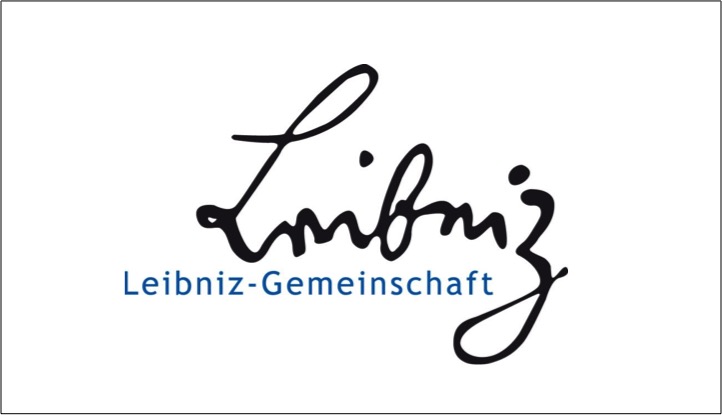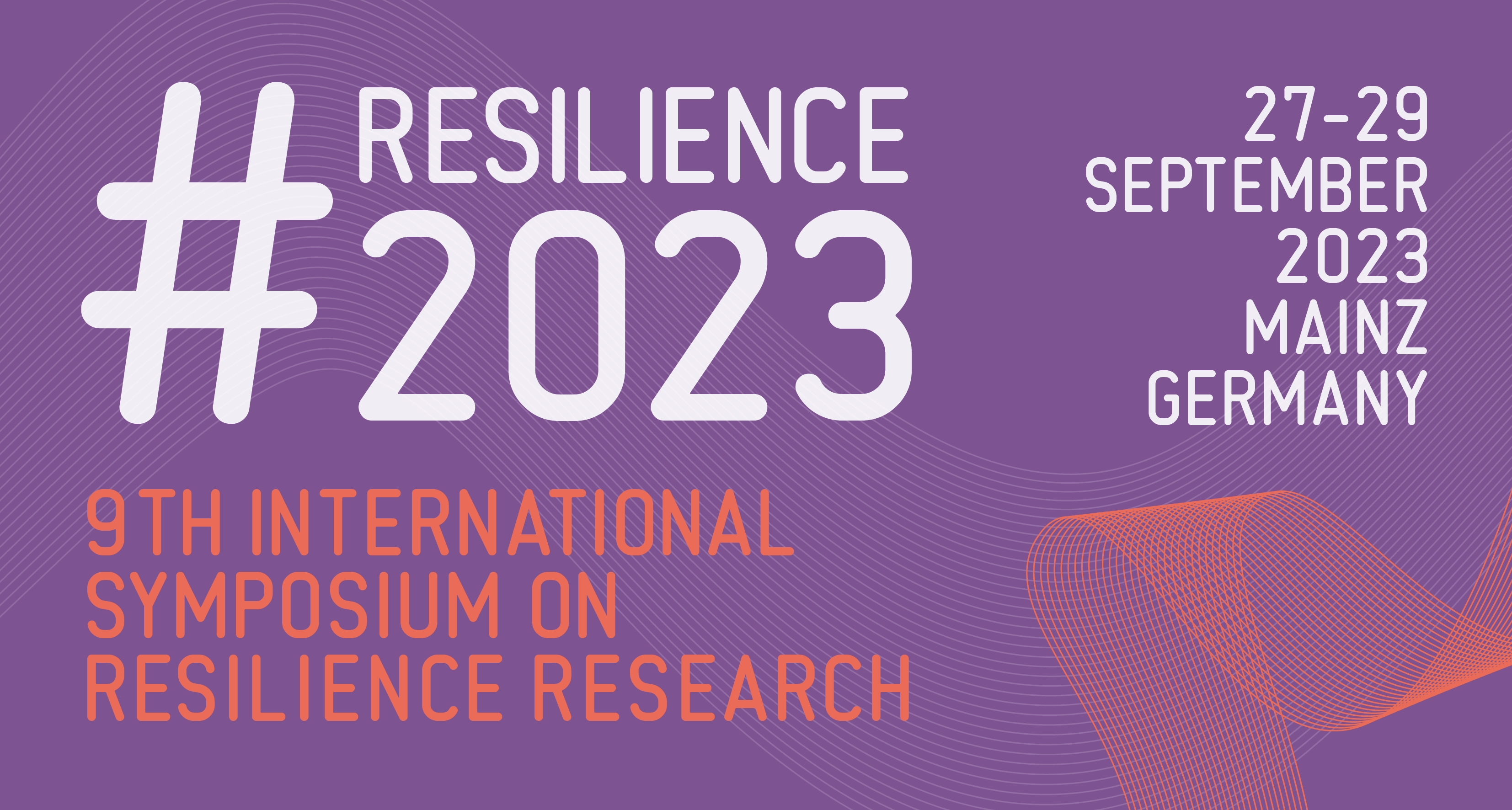-
Scientific
Research Groups -
For
Organisations -
For
private individuals
News
On January 19 and 20, 2026, project managers and early-career researchers from the Leibniz ScienceCampus NanoBrain came together. The focus was on current developments and goals of the project.
How can one balance career and family? The Leibniz Institute for Resilience Research demonstrates this and has been certified by the "audit berufundfamilie" since 2021. The current certification is valid until September 2027.
Mental illness has risen sharply among young people. Many have developed fears about the future in the context of the COVID-19 pandemic, the climate crisis, and global conflicts. This makes it all the more important to support young people in dealing with stress and mental health issues and to help them stay mentally healthy. This is the goal of a nationwide consortium that is receiving €5.8 million in funding from the Federal Joint Committee.
In the project phase, which has been extended by two years, BEWARE will be IMPLEMETed in schools in Rhineland-Palatinate in 2026 and 2027 on a long-term and sustainable basis through hybrid training courses, digital materials, and existing networks (BEWARE-IMPLEMENT) – flexibly, scalably, and in a resource-efficient manner.
The LIR Awards are presented every two years. This year, on December 15, 2025, five young researchers were honored in the four categories. Congratulations!
Leibniz president Martina Brockmeier launches the anniversary year of the Leibniz Association under the motto: "Freie Wissenschaft. Starke Forschung. 30 Jahre Leibniz-Gemeinschaft".
On October 22, 2025, during a visit by Nicole Steingaß, State Secretary in the Ministry of Science and Health of Rhineland-Palatinate, the LIR presented its current offers for stress management and resilience promotion – with a special focus on resiLIR, a free online training program.
The Leibniz Institute for Resilience Research (LIR) is delighted to welcome Dr. Melanie Viel as the new head of the Platform Knowledge and Technology Transfer, effective October 1, 2025. In her role, she will intensify the dialogue between research, industry, and society and further advance the transfer of scientific findings into practical applications.
Deepening existing collaborations and establishing new partnerships – this opportunity was offered by the Leibniz delegation trip to Japan from September 29 to October 8, 2025.
Starting October 1, 2025, Prof. Dr. Julia Linke leads a new research group at the LIR. In the basic research domain, the group focuses on uncovering the fundamental mechanisms of healthy development and resilience and identifying neurobiological signatures of stress-related symptoms. The goal is to leverage insights from this line of work to predict natural developmental trajectories and to design effective short-term interventions, which are evaluated in collaboration with the clinical research unit at JGU.
This year's International Symposium on Resilience Research took place in Mainz from 24 to 26 September 2025 with the motto ‘News Challenges, New Solutions’.
Under the direction of Professor Tsutsui of Tohoku University, current topics in resilience research and opportunities for future collaboration will be discussed together with representatives from Johannes Gutenberg University Mainz and Mainz University Medical Center.
Sometimes everything goes according to plan—and sometimes it doesn't. Whether in everyday life, at work, or in the middle of a world record attempt, unexpected twists and turns are part of life. At the 23rd Mainz Science Market, the LIR showed how resilience can help, how it can be learned, and what research has to say about it.
On September 5, 2025, Minister of Science Clemens Hoch presented one of five funding decisions to the LIR. Together with Ghent University (Belgium), the LIR is developing RNA technologies to promote resilience.
With 19 participants, the LIR took part in the Mainz Company Run on September 4, 2025.
On September 3, 2025, Dr. Isabella Helmreich and Karolin Ebi gave a presentation on the topic of “Strong together: Family resilience and the power of learning” as part of the Meenzer Science-Schoppe event organized by the Mainz Science Alliance.
From July 21-23, 2025, international experts came together for the German-Israel Minerva-Gentner Symposium to discuss the latest research findings on AI in the work context.
The Leibniz Research Alliance Resilient Ageing contributed to the Leopoldina discussion paper “Health-Extending Medicine in an Aging Society – Prospects for Medical Research and Practice (2025)“.
At this year's Dies Academicus, the Johannes Gutenberg University Mainz is honoring outstanding achievements by scientists in the early stages of their careers. The Boehringer Ingelheim Foundation Prize goes to Dr. Saleh Altahini from Professor Albrecht Stroh's research group.
The scientific exchange with guest scientists from Australia, the UK and the USA enriches research at the LIR.
41 Leibniz institutions are combining their expertise with the aim of sustainably strengthening the resilience of society and science with regard to future pandemics.
The LIR welcomed 5 female students from Mainz and Wiesbaden and showed how STEM subjects can contribute to resilience research.
The review identifies relevant vulnerability and resilience factors with regard to the course of mental health in Germany during the COVID-19 pandemic and shows what we can learn from this for future crises.
The global network brings together international expertise for pioneering research on stress and resilience.
During the visit by State Secretary Nicole Steingaß from the Rhineland-Palatinate Ministry of Health, employees from the LIR presented examples from science and practice of how stress-related illnesses such as depression can be prevented or treated in future using the latest methods.
LIR experts make exciting contributions to the Leibniz Association’s Dialogue format.
On 20 January 2025, multipliers from universities in Rhineland-Palatinate came together at the Leibniz Institute for Resilience Research (LIR) to strengthen their own health literacy and develop strategies for coping with stress and promoting resilience.
Berlin, October 13, 2024 – As part of the World Health Summit 2024, the session "Interdisciplinary Approaches to Pandemic Preparedness" took place, hosted by the Leibniz Association and organized by the Leibniz-Lab Pandemic Preparedness. The event, chaired by Prof. Dr. Gülsah Gabriel (LIV Hamburg) and Prof. Dr. Klaus Lieb (LIR Mainz) brought together experts from various disciplines to discuss the long-term effects of acute respiratory infections such as influenza and COVID-19, as well as the mental health challenges faced during the pandemic.
Exciting panel discussion as part of the Mental Health Week taking place from October 14th to 19th, 2024, at Johannes Gutenberg University.
The jury selected two winners: Dr. Laura Meine from the University of Zurich and Joeri Bordes from the Neurocentre Magendie in Bordeaux, impressed with their poster presentations. Congratulations!
The University of Trier, Johannes Gutenberg University Mainz, as well as the Leibniz Centre for Archaeology and the Leibniz Institute for Resilience Research, have jointly launched a Leibniz ScienceCampus focused on resilience.
Science Minister Clemens Hoch welcomes the researchers from Japan to the Leibniz Institute for Resilience Research
Science Minister Clemens Hoch visits the Leibniz Institute for Resilience Research to discuss the ‘Healthy study in Rhineland-Palatinate’ project.
"Learning" - this is one of the cornerstones of ARCHE Frankfurt. ARCHE helps children and young people to make the transition from school to working life. On April 12, 2024, the Leibniz Institute for Resilience Research welcomed 17 young people from ARCHE Frankfurt to discuss what such a transition can look like, and which career paths could be interesting for them at the LIR.
On March 12, 2024, the LIR had the pleasure of hosting international visitors from Virginia (USA): Lisa Jackson-Cherry, Director and Professor of the School of Counseling at the College of Health and Education of Marymount University, traveled to Germany with 17 students to engage in exchanges with resilience experts at the LIR. We were delighted to have you with us!
In February 2024, representatives from 18 Leibniz Institutes came together to exchange ideas, initiate, and deepen research projects.
The Leibniz Institute for Resilience Research (LIR) welcomes its 11th research group with the title "Computational Resilience Research", headed by Jun.-Prof. Dr. Janina Hesse.
A distinguished visitor and a knowledge boost - this is what awaits you on 22.02.2024 at 13:30 at the Leibniz Institute for Resilience Research (LIR) when Prof. Christian Lüscher from the Neurocenter of the University of Geneva presents his latest research findings. Find out here how you can be part of it.
Many students in Rhineland-Palatinate are experiencing significant psychological stress. In response to this challenge, the Ministry of Science and Health, in collaboration with the Leibniz Institute for Resilience Research (LIR), has initiated the project "Healthy Studying in Rhineland-Palatinate".
To recognize and honor the contributions of our talented young scientists, the Leibniz Institute for Resilience Research (LIR) awards up to four LIR-AWARDS in three categories. We would like to congratulate Papoula Petri-Romão, Sarah Ayash, Miriam Schilbach and Umair Hassan on this year's awards.
The Leibniz Institute for Resilience Research (LIR) congratulates Dr. Miriam Schilbach on her nomination for the Leibniz Association Doctoral Prize.
"Time is a great healer" - at least according to a popular saying. But are we perhaps placing too much emphasis on the factor of time? Prof. Dr. Albrecht Stroh from the Leibniz Institute for Resilience Research sheds light on the question of whether forgetting can be beneficial.
As part of the Nuremberg Days for Migration 2023 at the Federal Office for Migration and Refugees (BAMF), an engaging panel delved into the topic of migration and its impact on social change. The panel featured distinguished speakers, including Parliamentary State Secretary Mahmut Ordemir from the Federal Ministry of the Interior and for Homeland, historian Prof. Dr. Jochen Oltmer from the University of Osnabrück, author, journalist, and human rights advocate Düzen Tekkal, MdB. Dr. Ann-Verschka Jurisch, Member of Parliament, and psychologist Dr. Donya Gilan from the Leibniz Institute for Resilience Research (LIR) gGmbH.
The primary goal of the Leibniz Science Campus "NanoBrain" is to pioneer novel, innovative, and highly specific approaches for preventing and treating diseases of the central nervous system.
In this ARTE report, LIR scientists get to the bottom of current issues relating to stress and resilience. Learn more about the longitudinal study "DynaMORE" by Prof. Kalisch, the BEWARE project for students by Prof. Wessa and let Prof. Müller explain to you what we humans can learn from resilient mice.
What causes stress, and how and why does occur? Is stress always dangerous? Is there such a thing as positive stress? How do we manage to make rational decisions under stress? Psychologist Leon Windscheid from Terra Explore tries to answer these questions together with Dr. Donya Gilan from LIR.
A study conducted by HIS HE e.V. has analyzed the impact of the Covid-19 pandemic and increasing digitalization on academic life. This analysis aims to shape the future trajectory of education in collaboration with the Student Services of Rhineland-Palatinate. Psychosocial counseling has been identified as a vital component within the spectrum of services offered by Student Services, alongside the provision of affordable housing and meals at universities. In recognition of its significance, the Ministry of Science and Health has allocated 500,000 euros to strengthen psychosocial counseling. This funding will be directed towards a pilot project conducted in partnership with the Leibniz Institute for Resilience Research Mainz (LIR).
The Leibniz Institute for Resilience Research (LIR) extends heartfelt congratulations to Dr. Lara Puhlmann on being awarded the Otto Hahn Medal by the Max Planck Society (MPG). This esteemed recognition is in honor of her outstanding scientific achievements, specifically her dissertation on stress reduction through mental training. Currently, Dr. Puhlmann is continuing her research on the biological and psychological determinants of stress resilience within the working group led by Prof. Dr. Raffael Kalisch at LIR.
Twenty-six young Leibniz PhD students gathered for the 5th Future Workshop of the Leibniz PhD Network in Mainz. The central theme of this year's event was focused on the mental health aspects affecting young scientists in academia.
The Institute has already emerged as a leading figure in this field within the German research landscape
New study by the Leibniz Institute for Resilience Research (LIR) in Mainz identi-fies basic brain mechanisms and neurocircuits that determine resilience.
Leibniz Institute for Resilience Research receives 1,200,000 euros to research innovative therapeutic approaches for the prevention and treatment of stress-associated diseases
LIR welcomed the President of the Leibniz Association, Prof. Dr. Martina Brockmeier, for the first time on a visit to the institute. It is a very special visit with a double signal effect.
Der rheinland-pfälzische Gesundheitsminister Clemens Hoch hat heute bei einem Besuch des Leibniz-Instituts für Resilienzforschung Mainz (LIR) drei Förderbescheide in Höhe von insgesamt 760.417 Euro zum Start des Projekts "ACCESS" übergeben.
02.12.2022 Exchange with researchers from Japan
"It is our great pleasure to have Prof. Kumagai, Prof. Inokuchi and Dr. Nakajima here with us...
11/20/2022 Examined psychological stress responses during the COVID-19 pandemic and compared these to known responses following other stressful events.
On November 17, 2021, the Senate of the Leibniz Association approved the funding of the new Leibniz Research Network "Resilient Ageing". In this network, 15 Leibniz institutes under the leadership of the Leibniz Institute for Resilience Research (LIR) and the Leibniz Institute for Research on Aging - Fritz Lipmann Institute (FLI) are working together on an interdisciplinary basis on the topic of healthy aging.
#resilience2023: Where it happens. Researchers from across the globe will gather to discuss progress and new avenues in the science of resilience. The meeting takes place in Mainz from September 27 to 29, 2023.
On the following pages, the Leibniz Institute for Resilience Research (LIR) provides information that is intended to help people who have fled Ukraine to cope psychologically with their traumatic experiences on the one hand, and to offer support to scientists who have fled Ukraine on the other hand.
For all those who are curious and thirsty for knowledge, we want to make another exciting offer with the upcoming Book a Scientist on 8 April 2022: Book your exclusive, virtual appointment with our Leibniz scientists!
Due to the current situation, the next LIR talks will take place as online events only.
In the podcast by t-online and the Leibniz Association, LIR scientists, among others, discuss how to cope with the Corona pandemic with the journalist Ursula Weidenfeld.


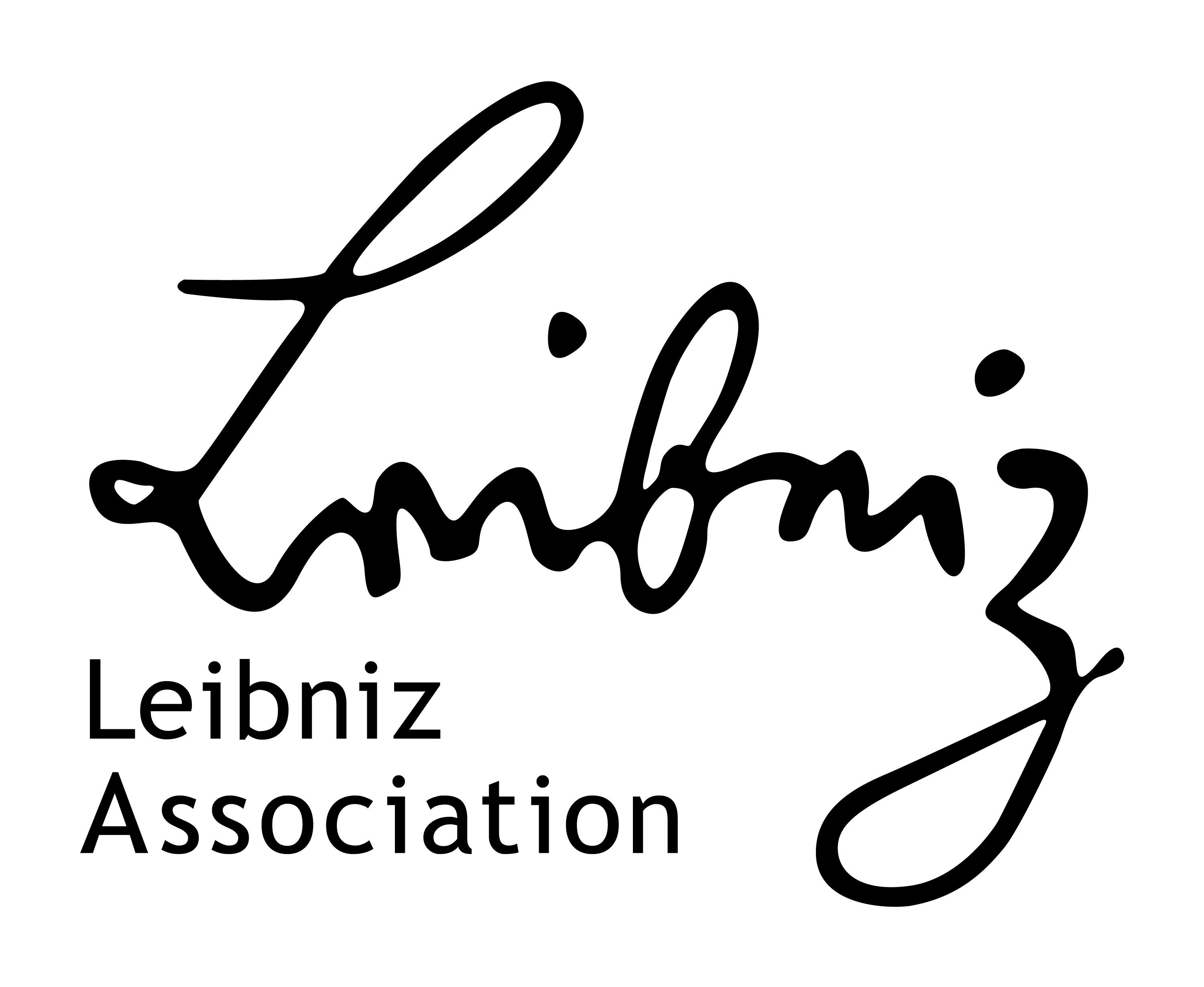

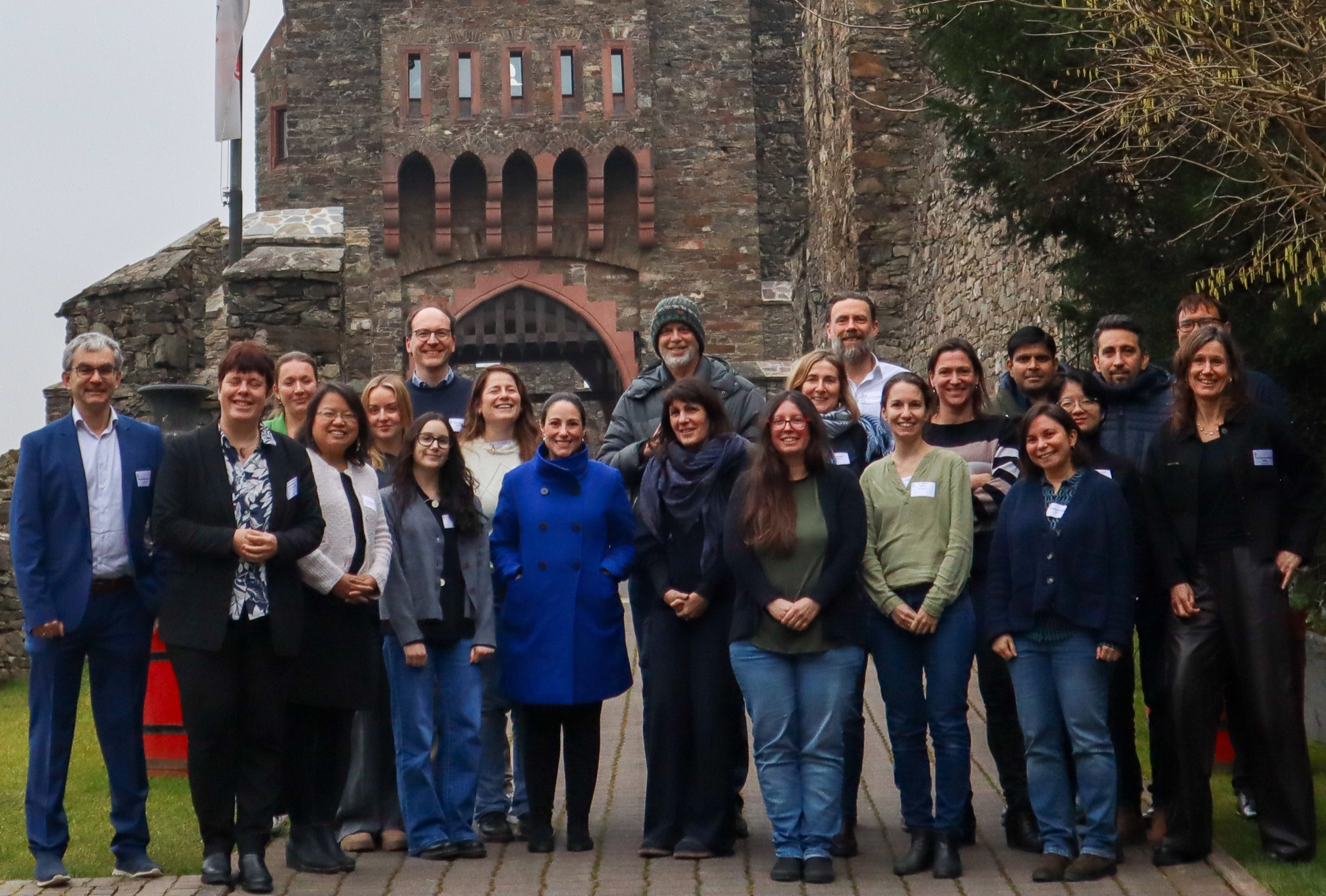


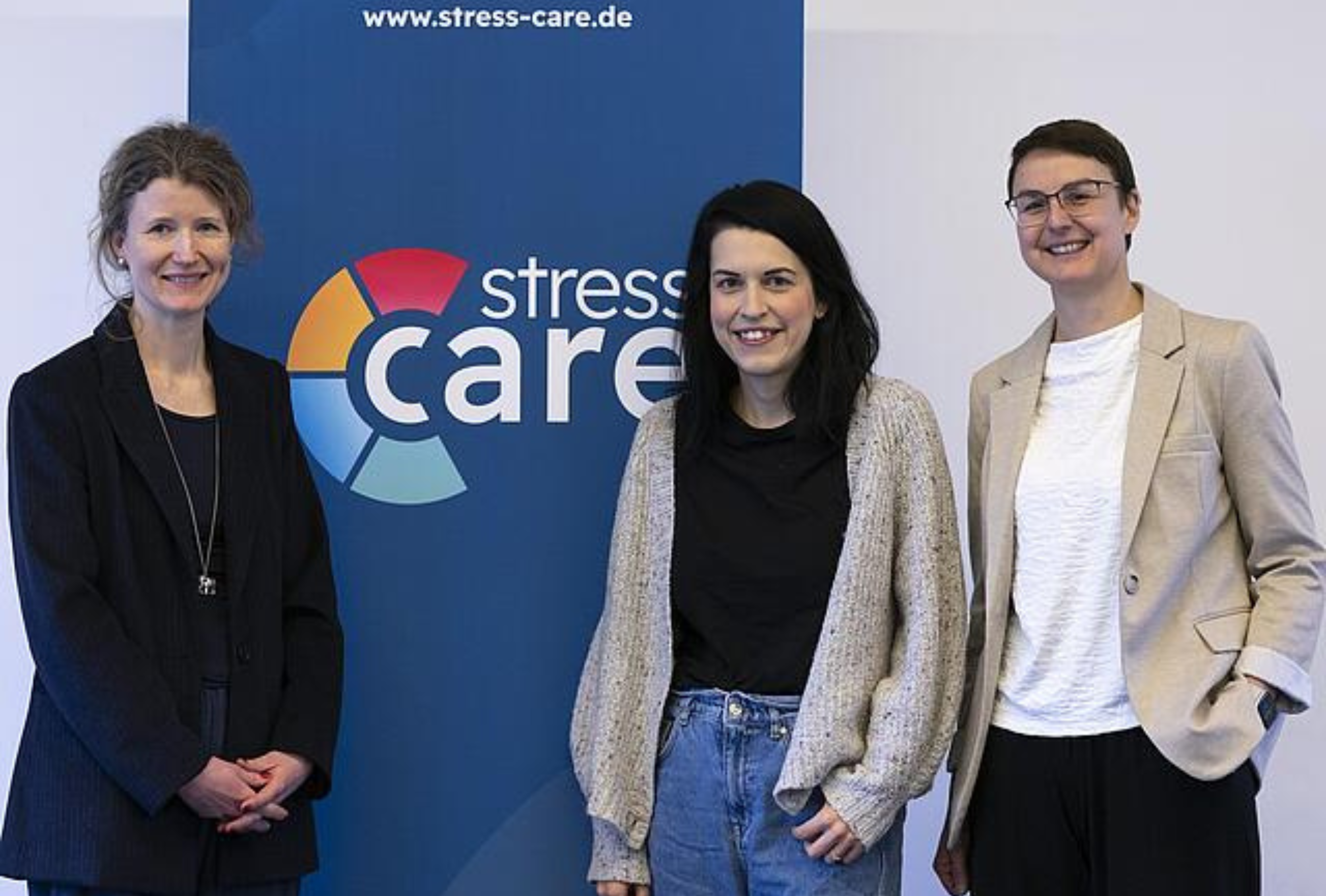

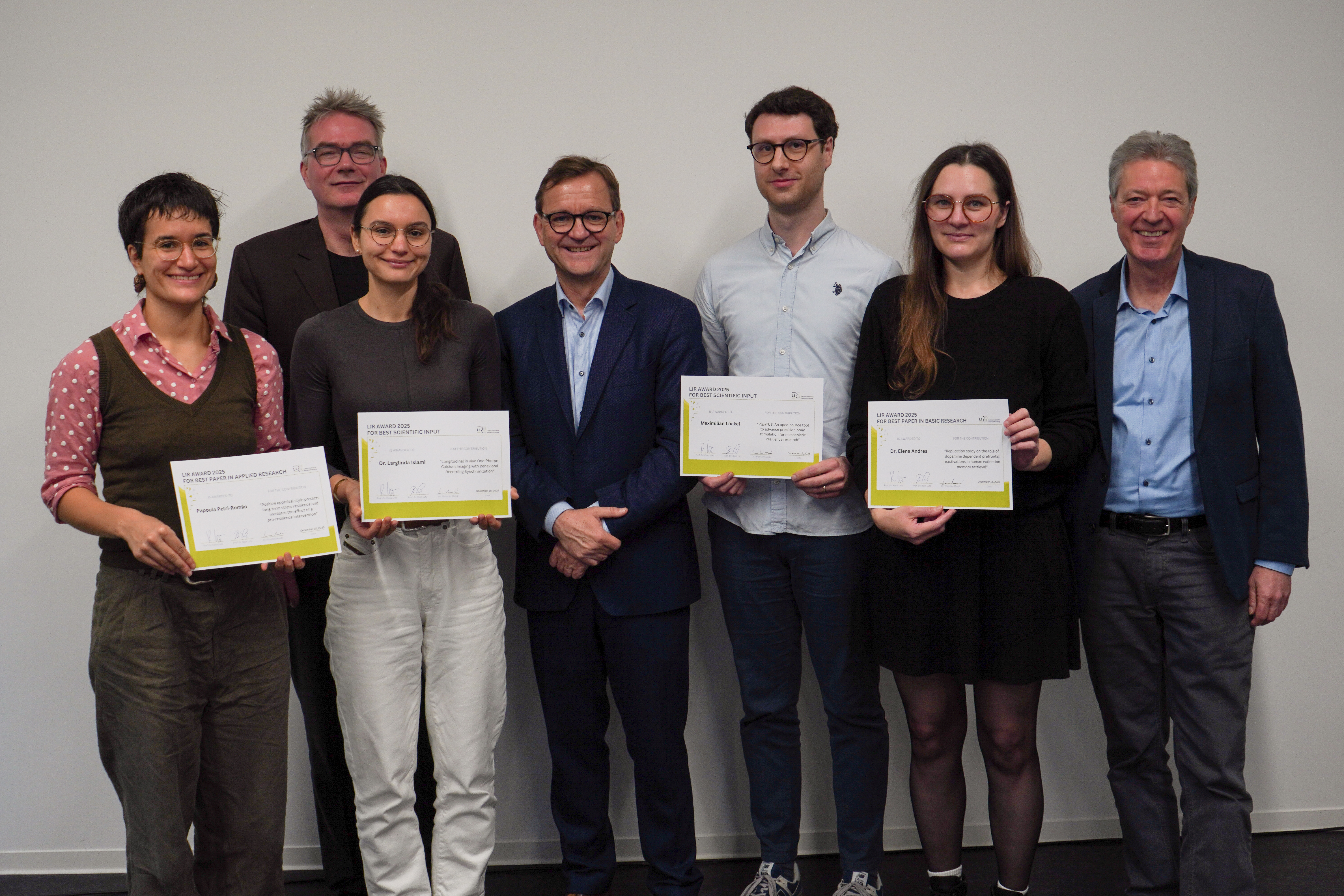
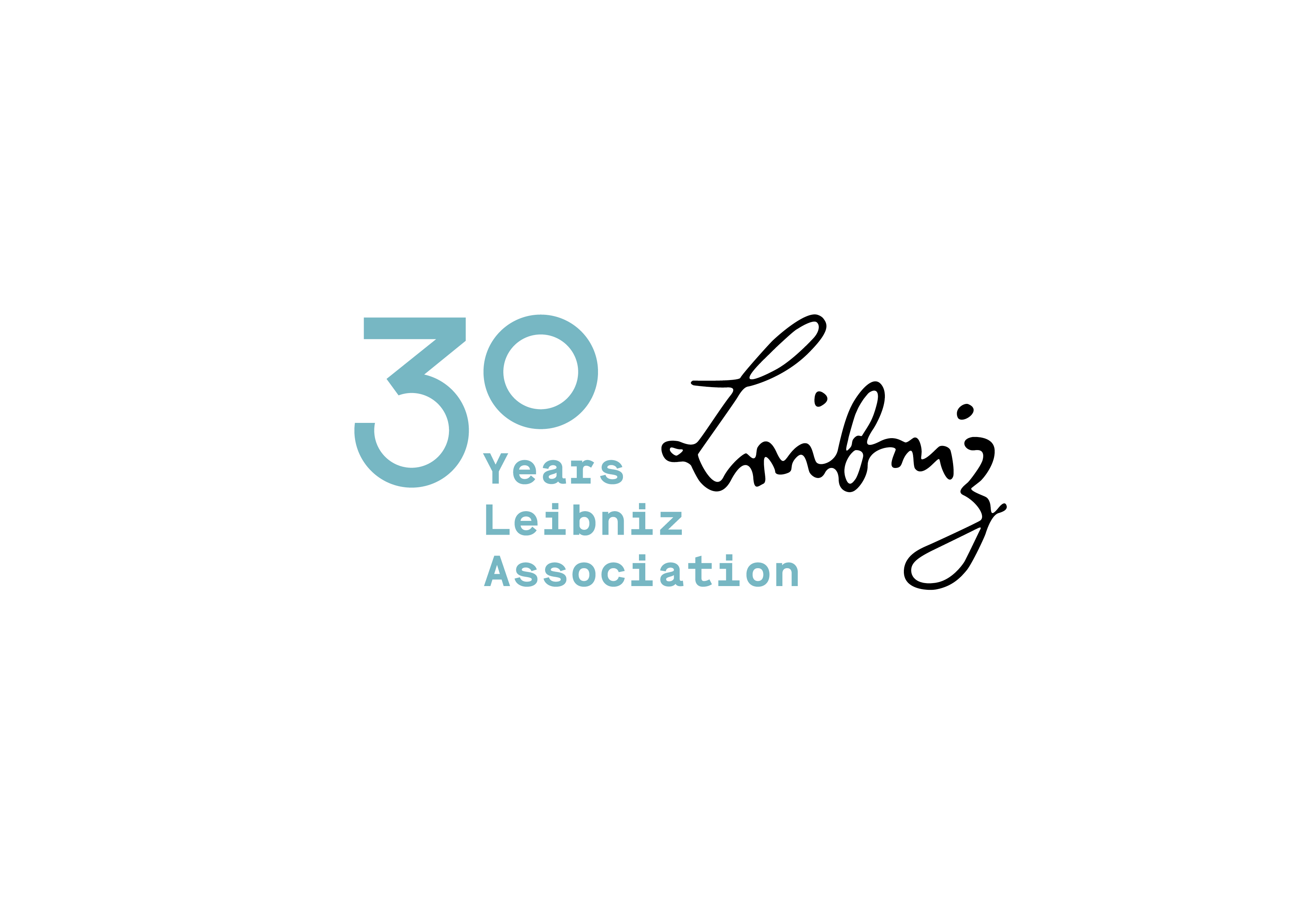
-1761224836.png)
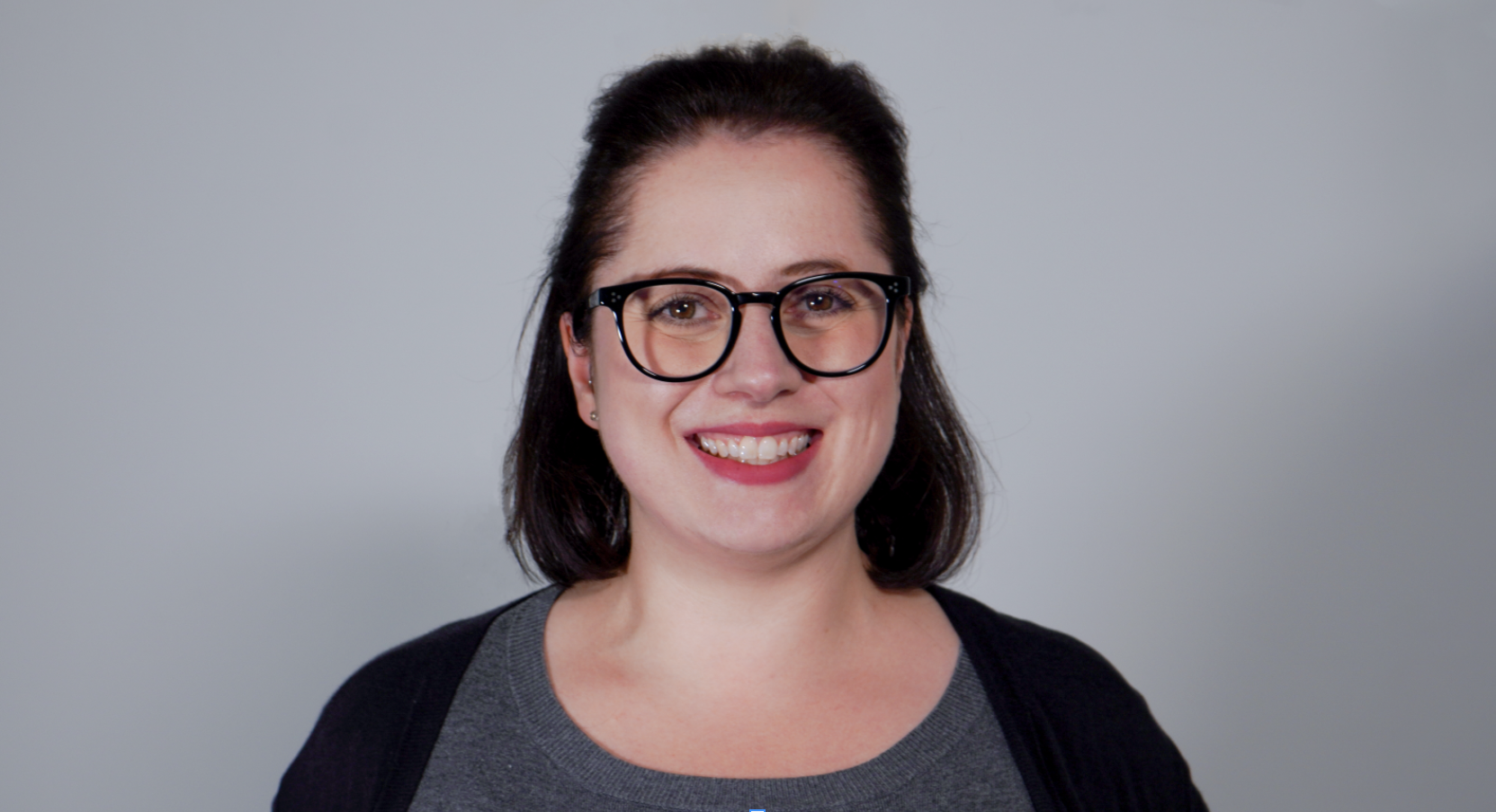
.png)

-1742466679.png)
.png)
.png)
.png)
.png)
.png)
.png)
-1750407070.png)
.png)
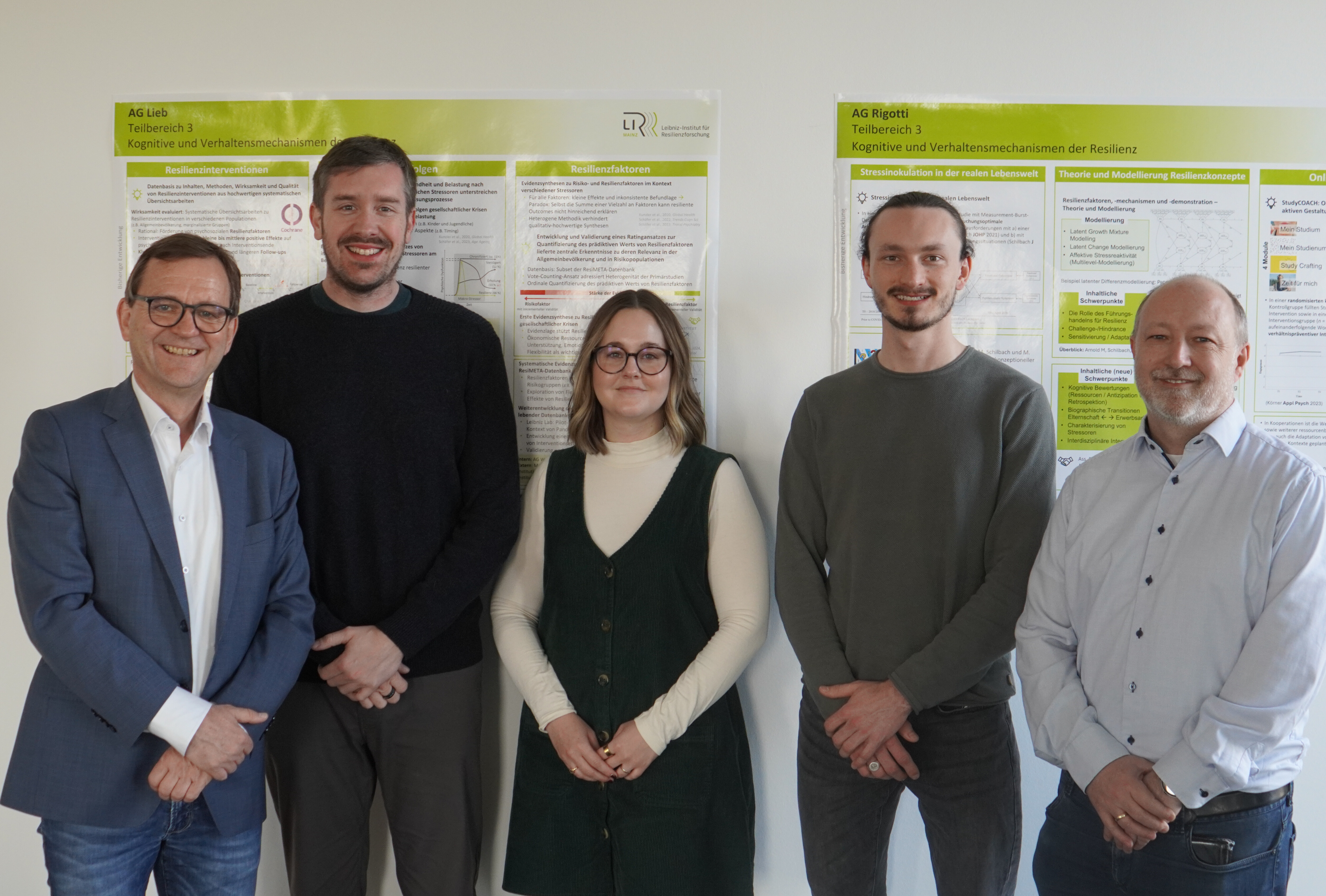
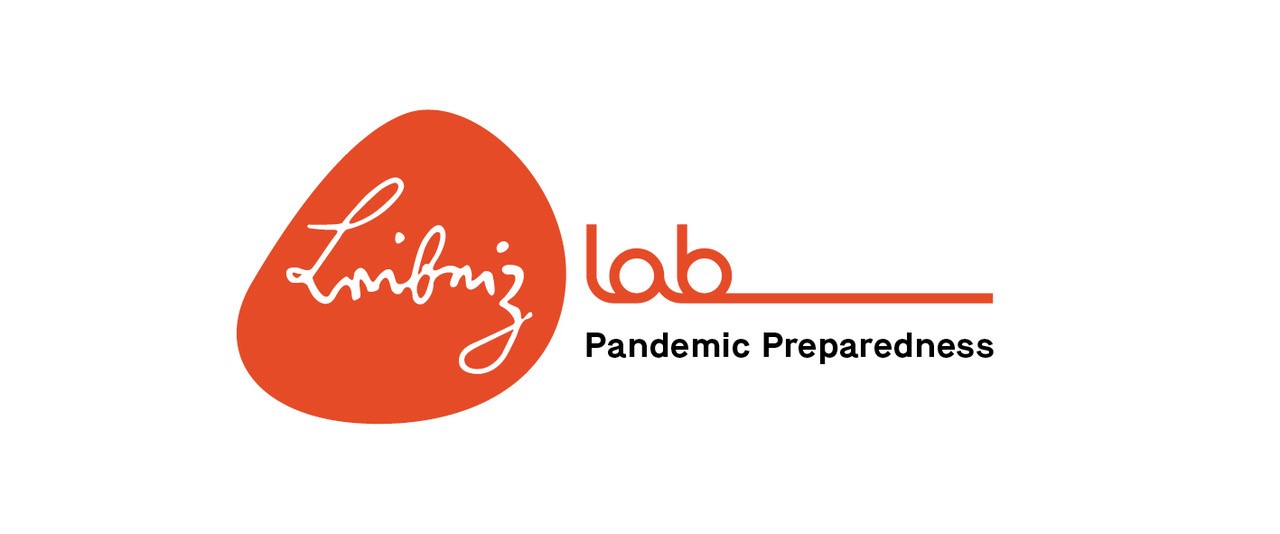


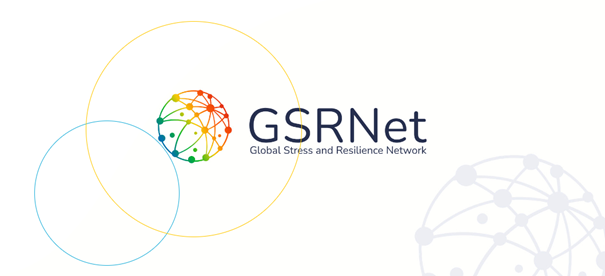
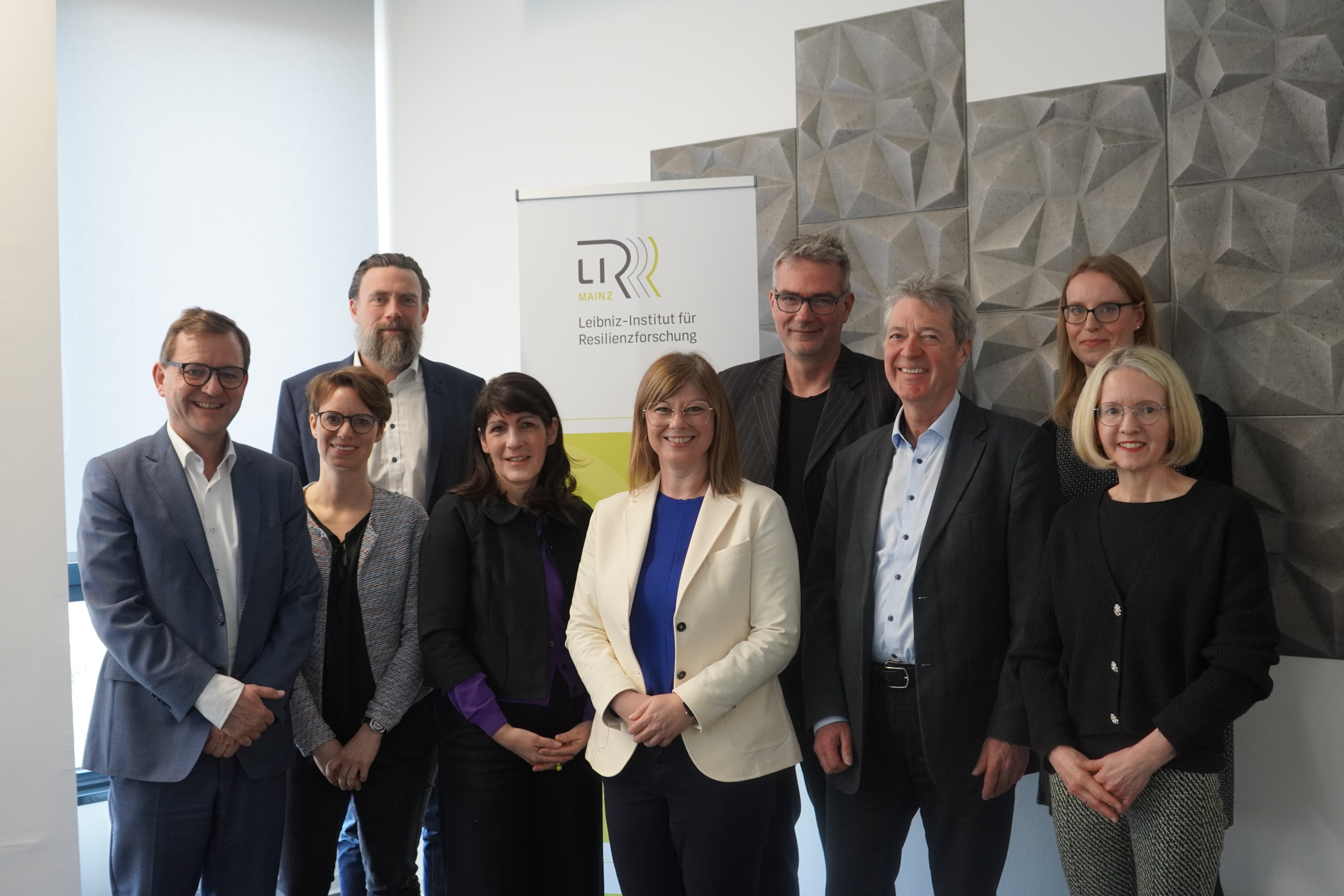
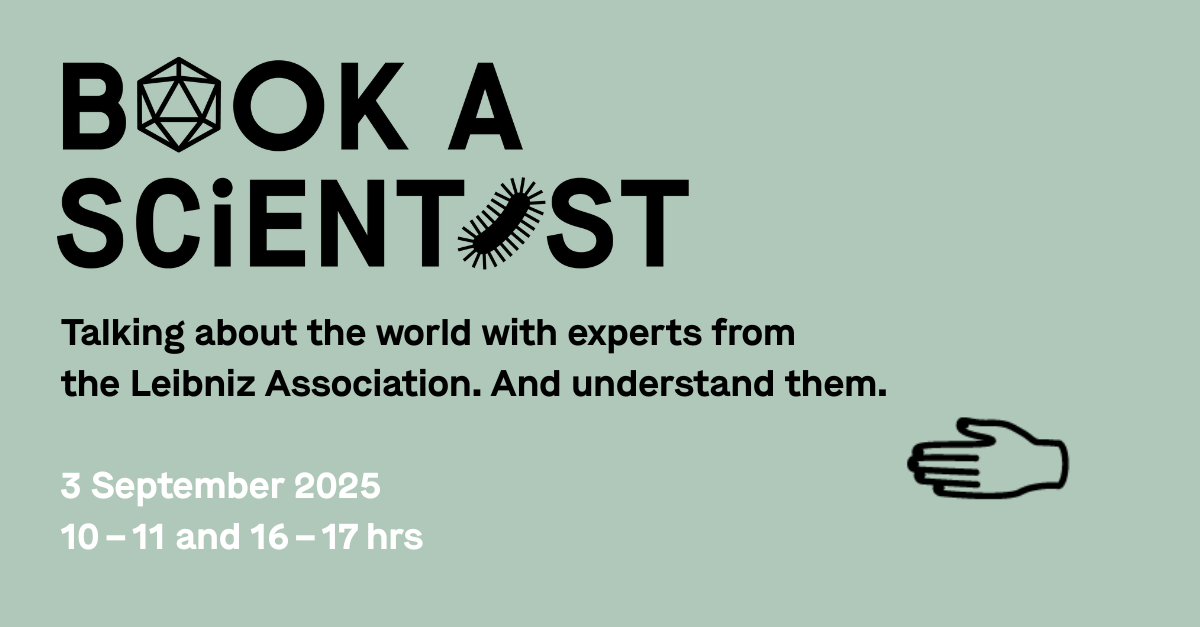
.png)
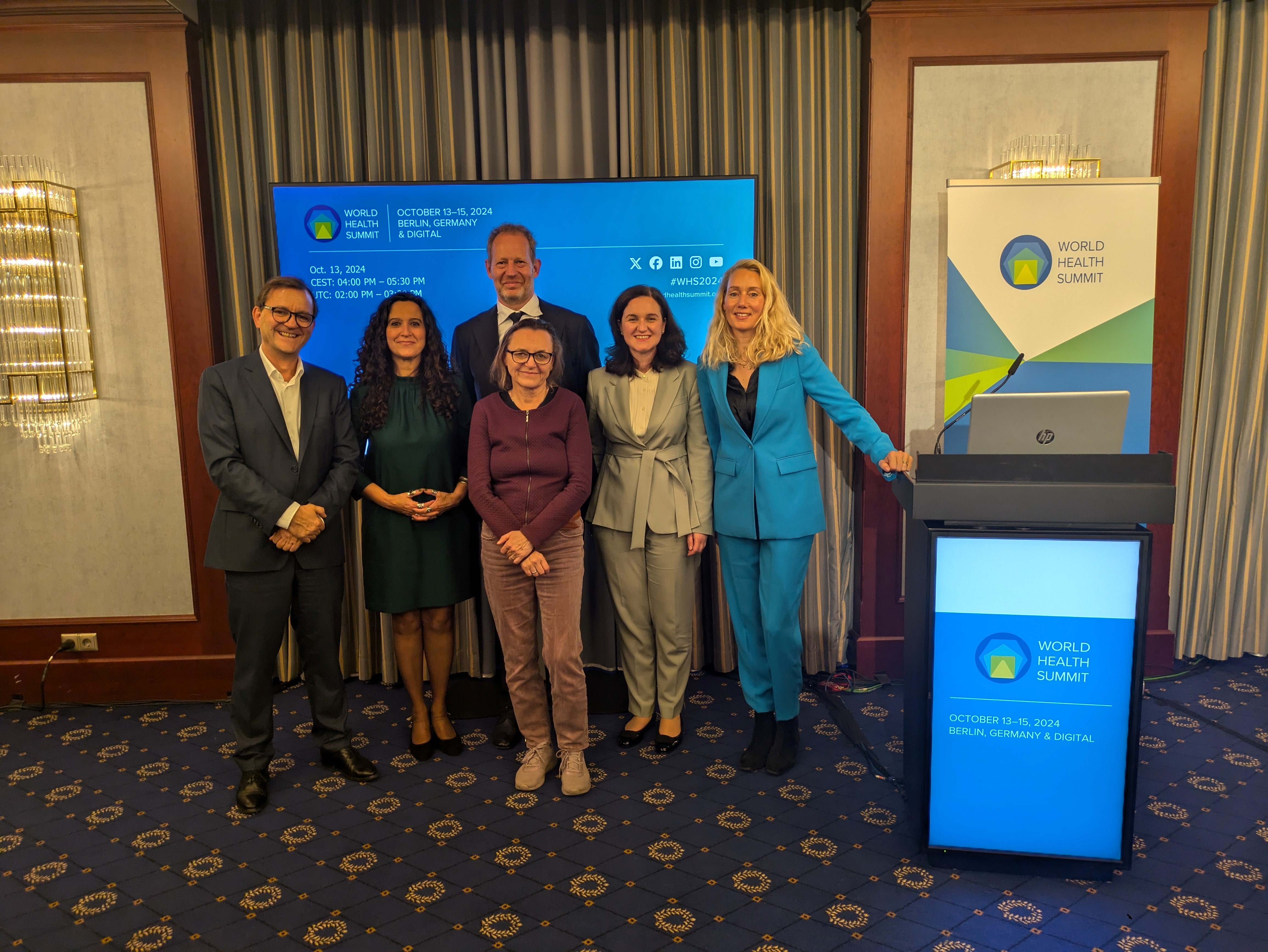
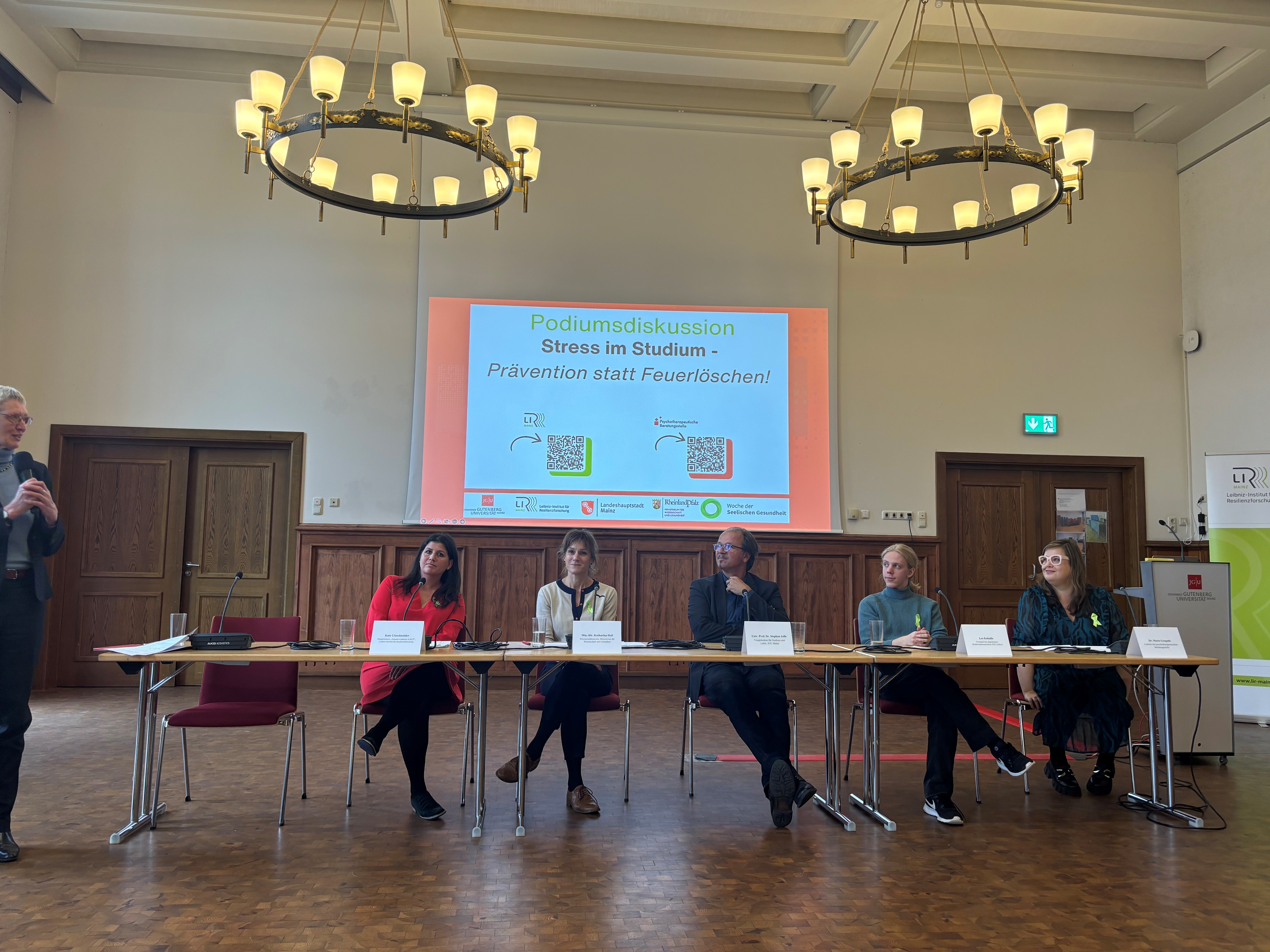
.png)
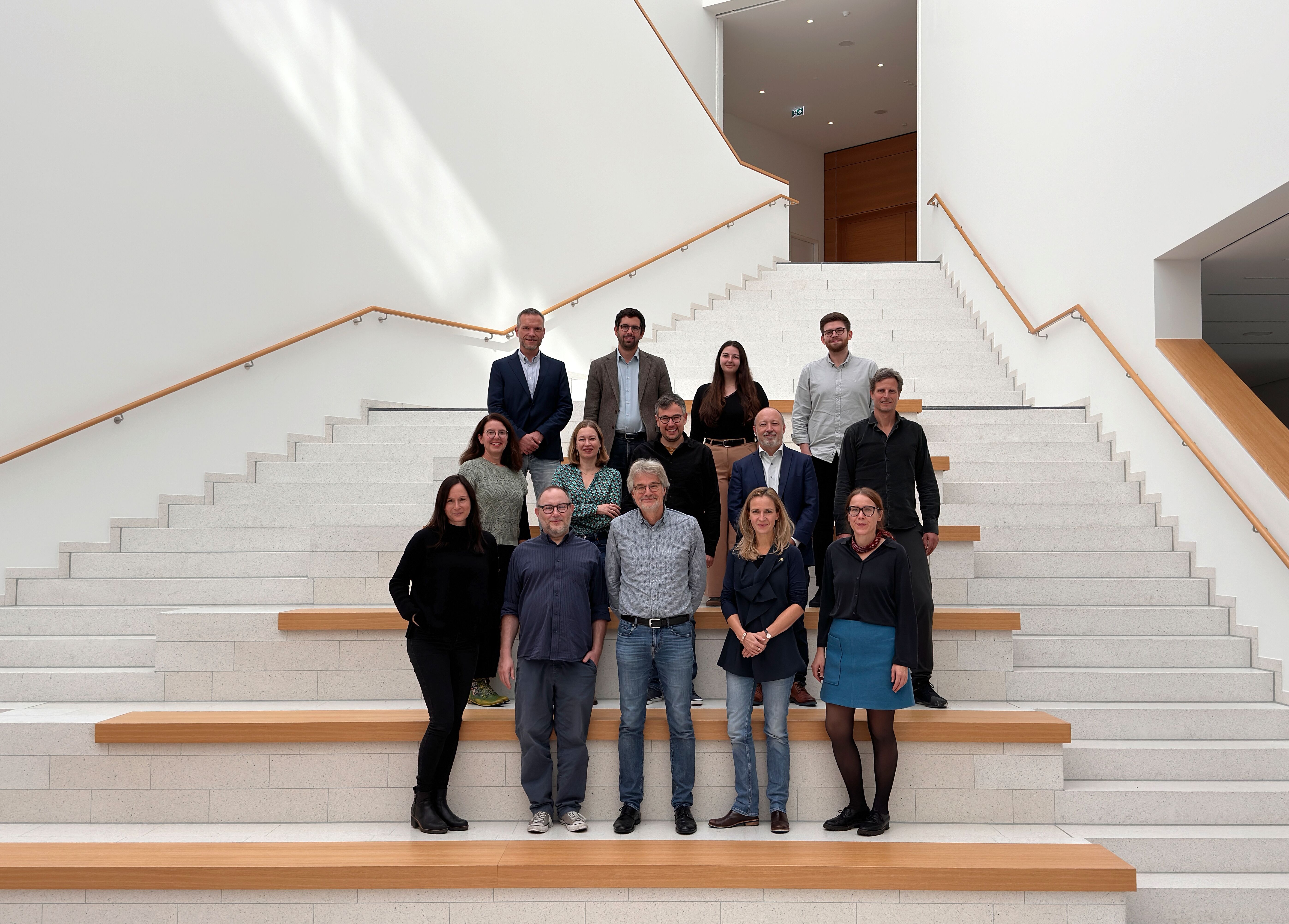
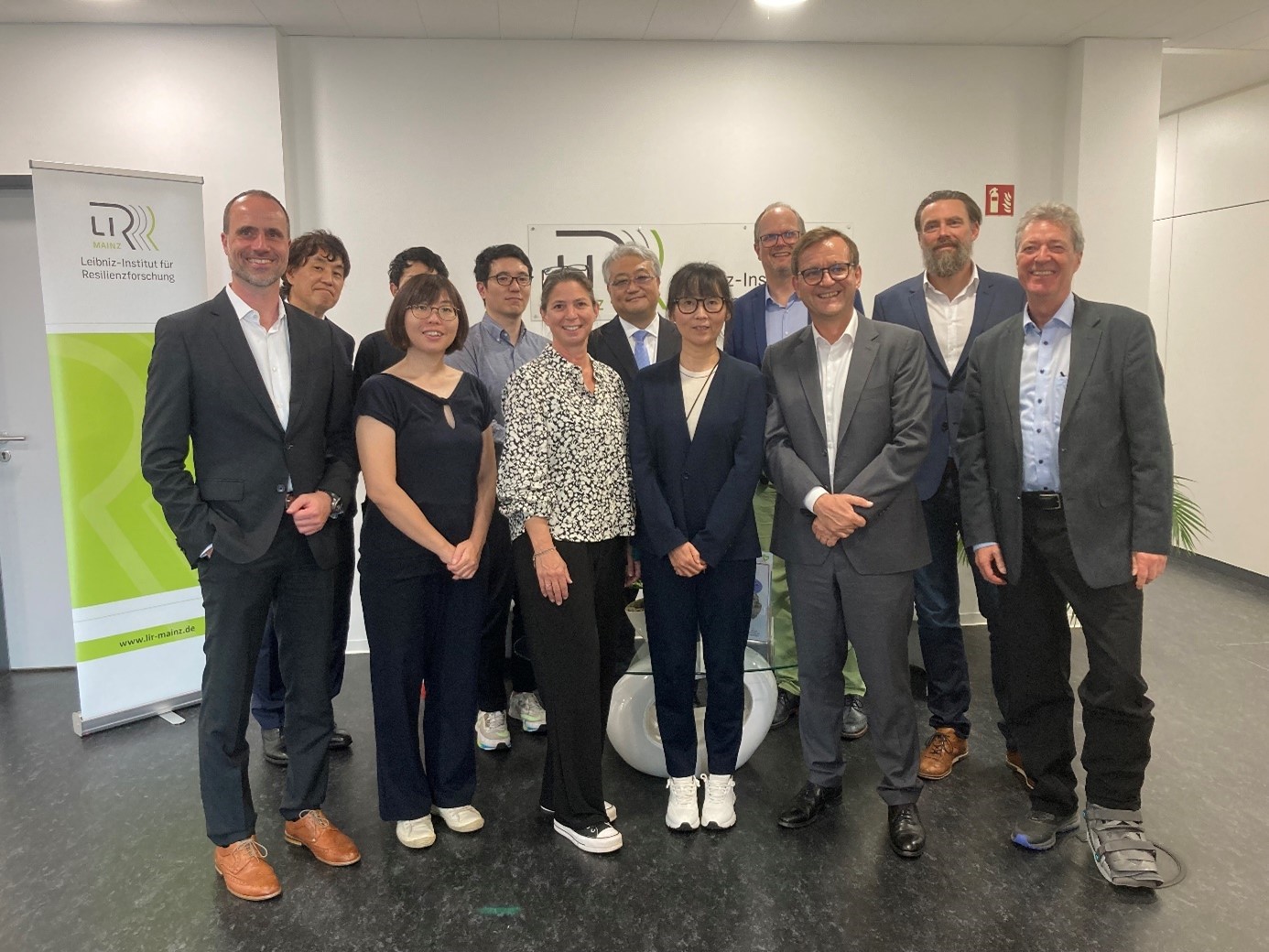
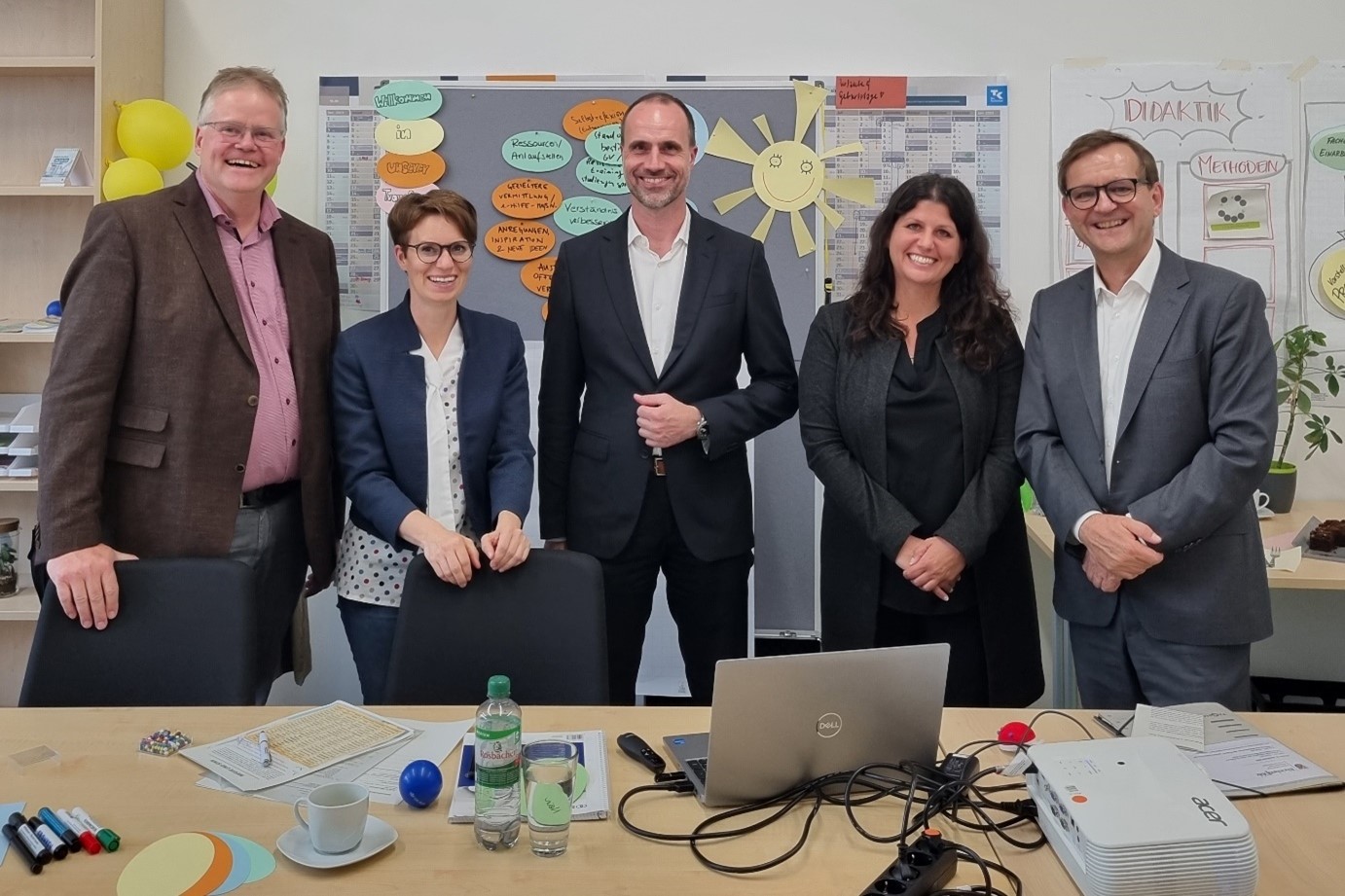
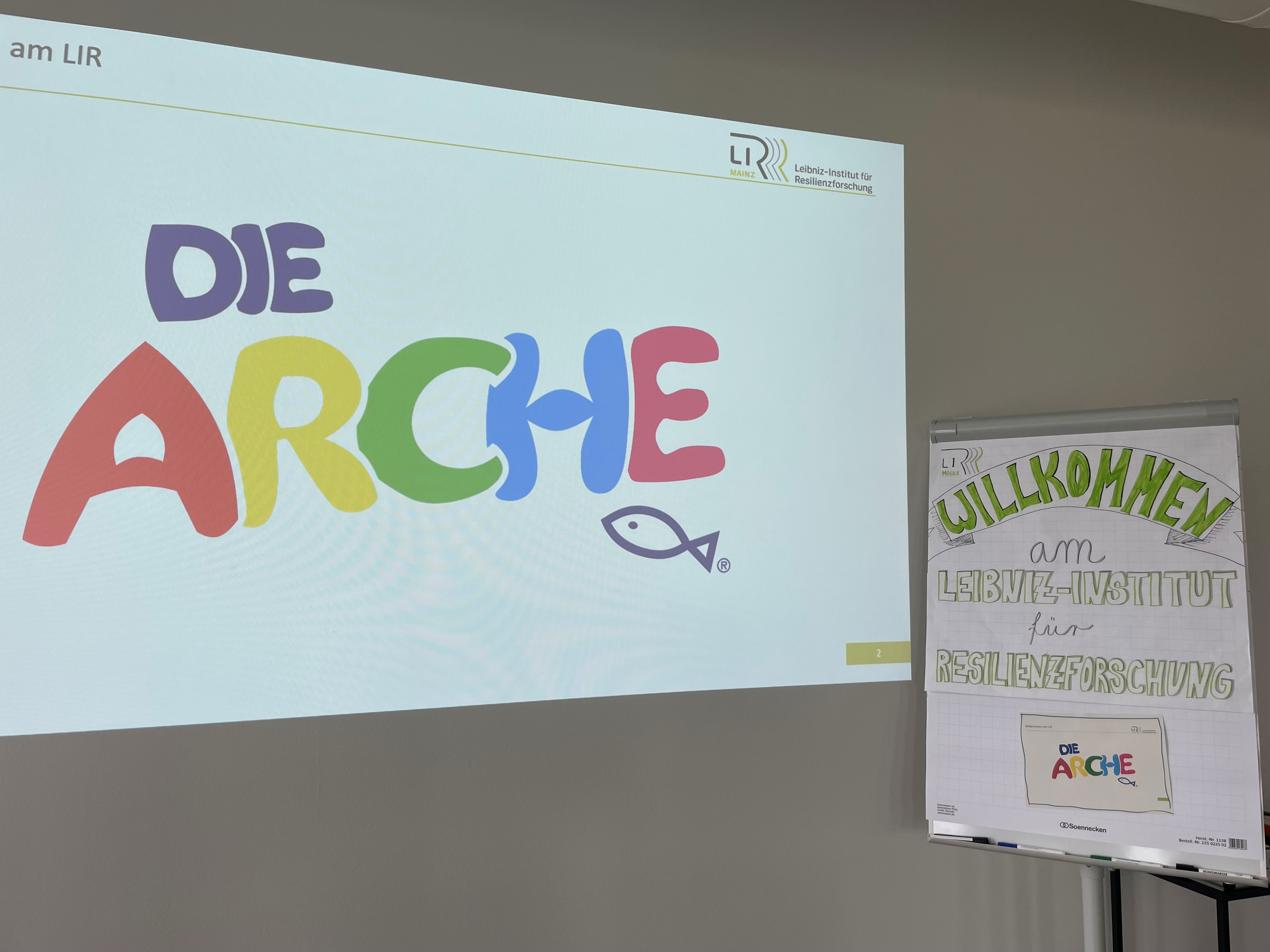

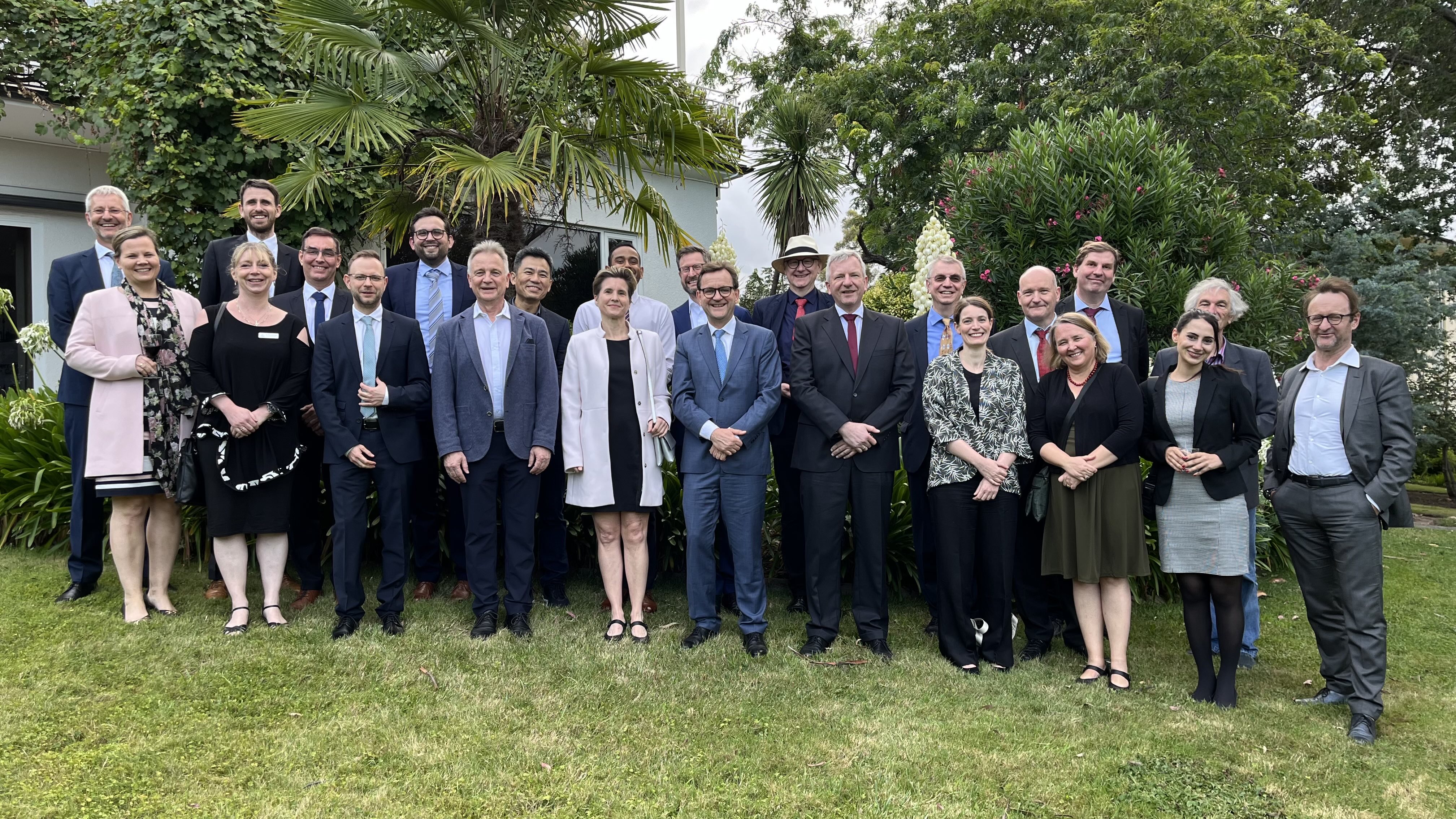

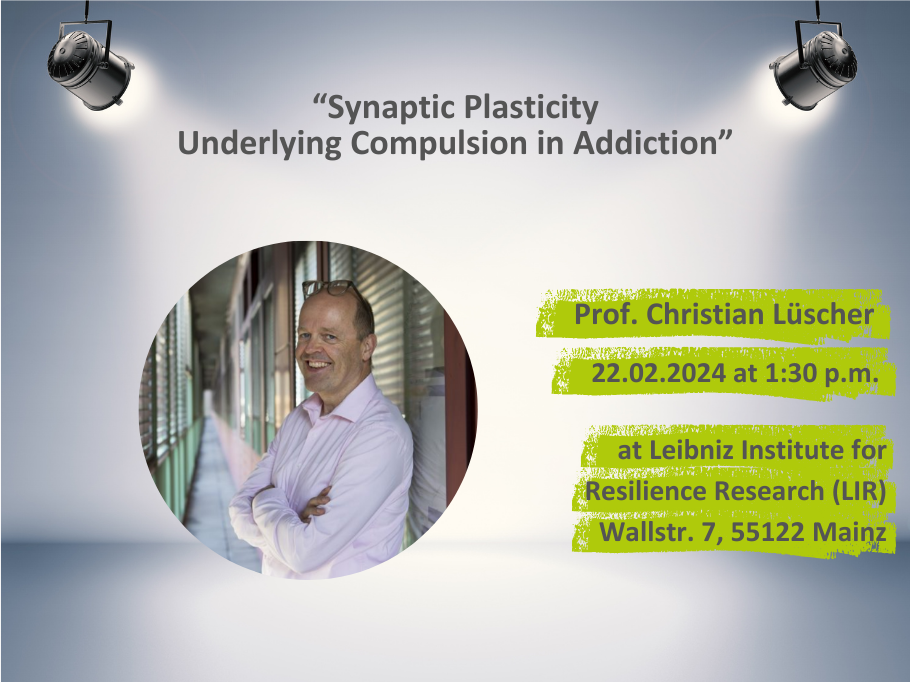

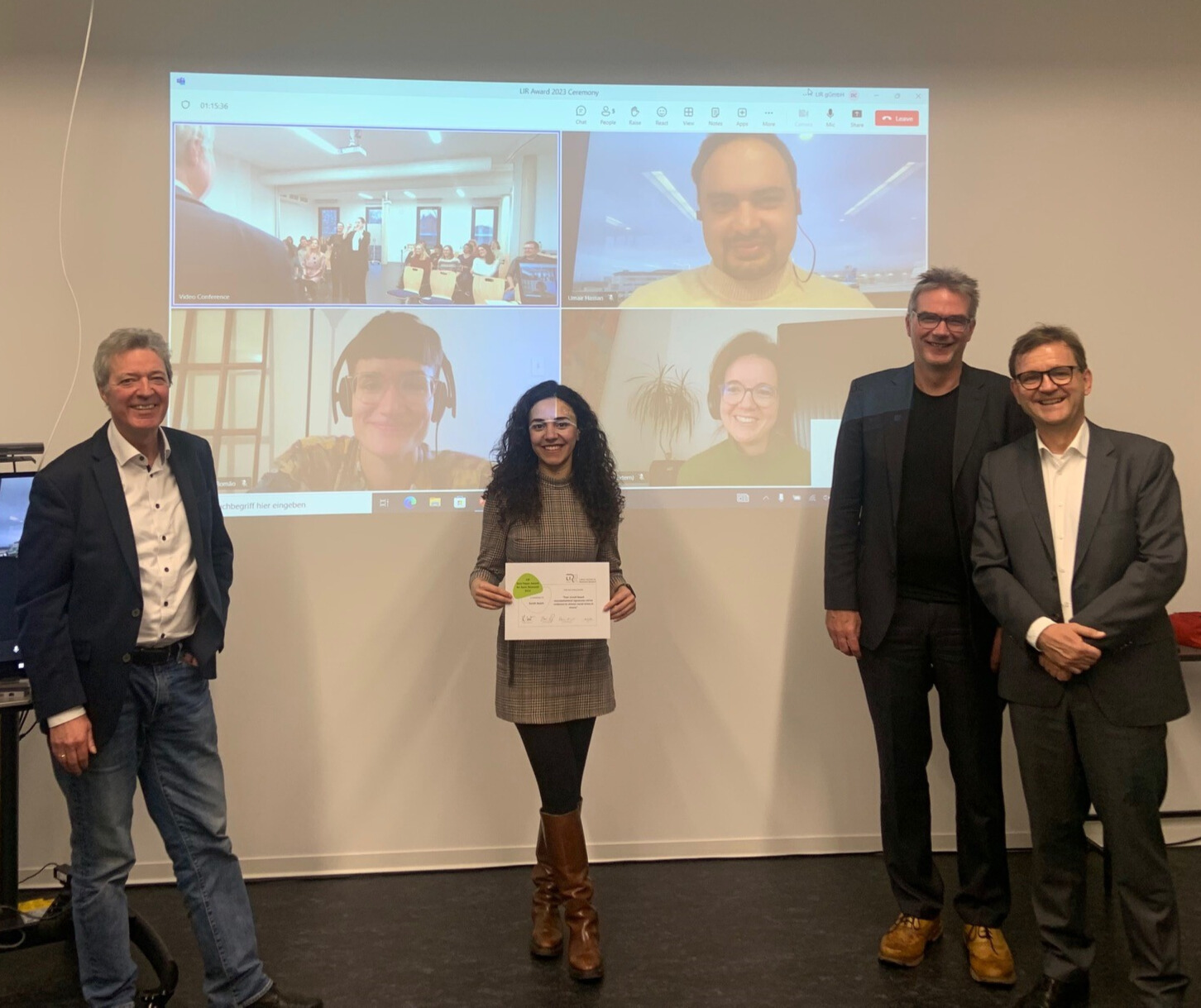
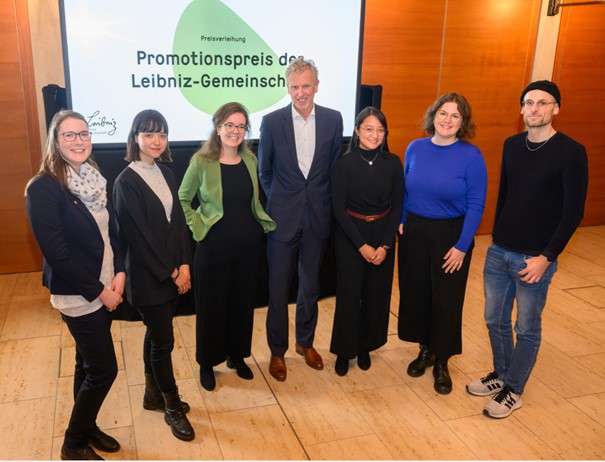

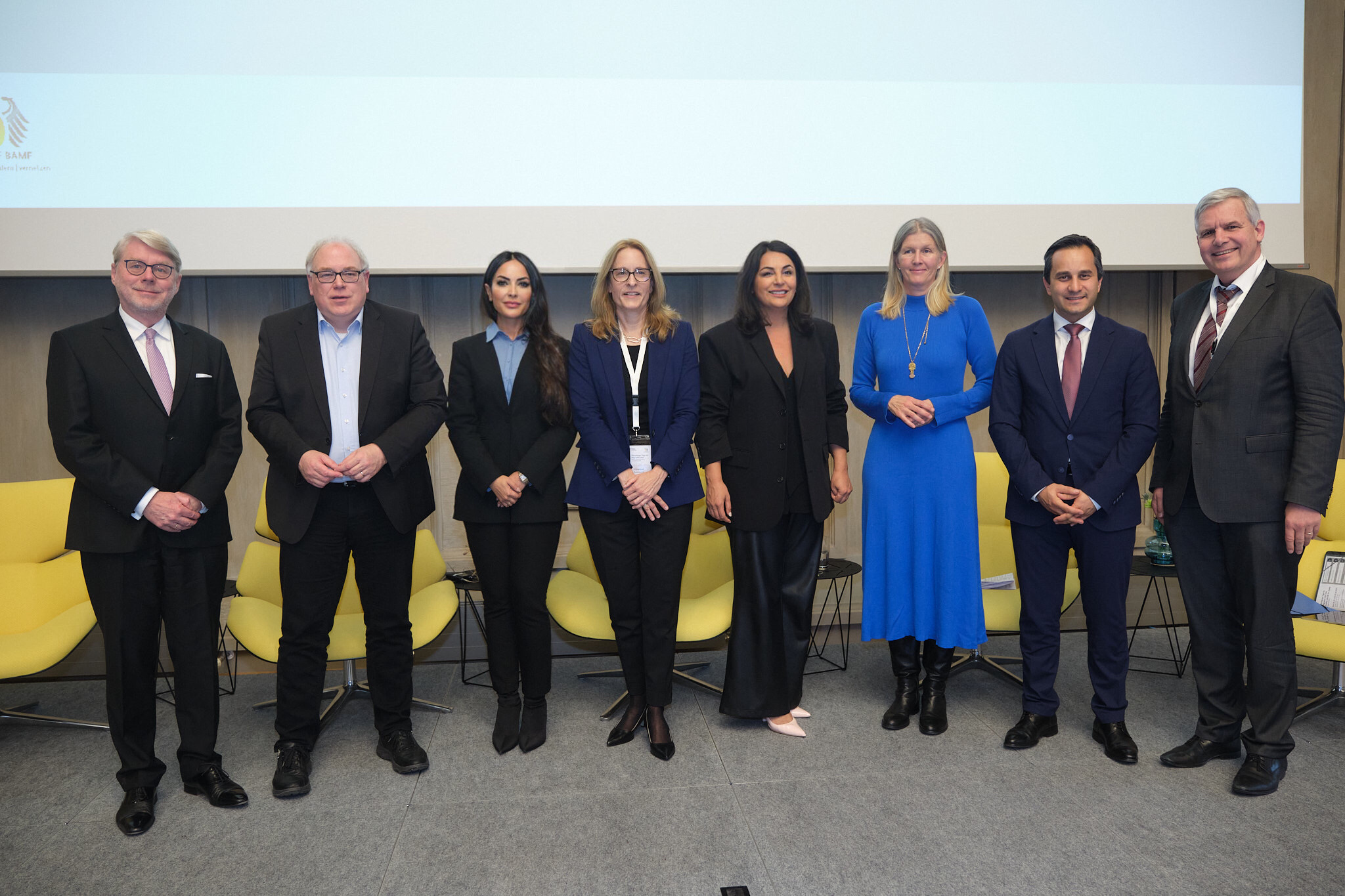
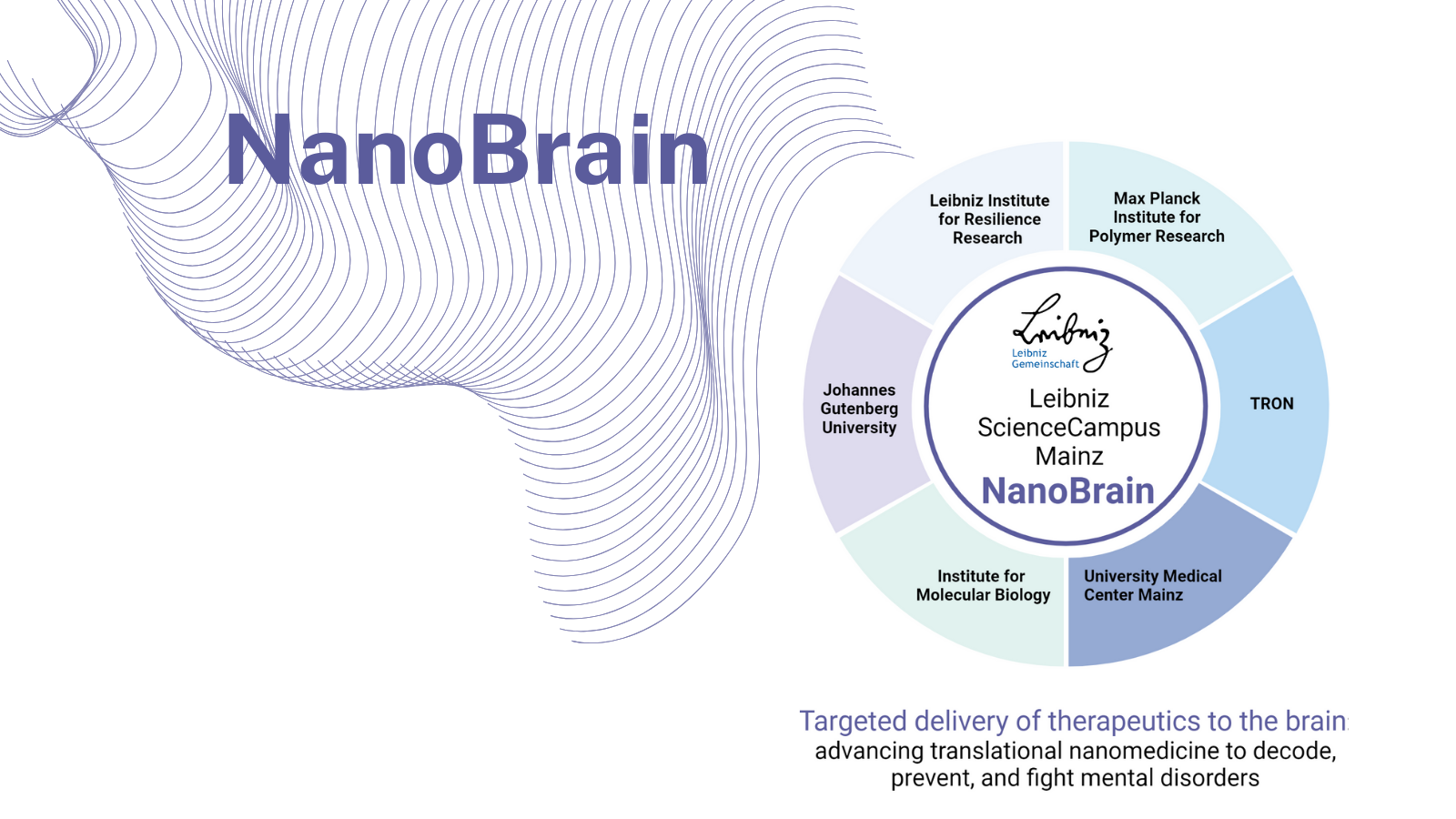
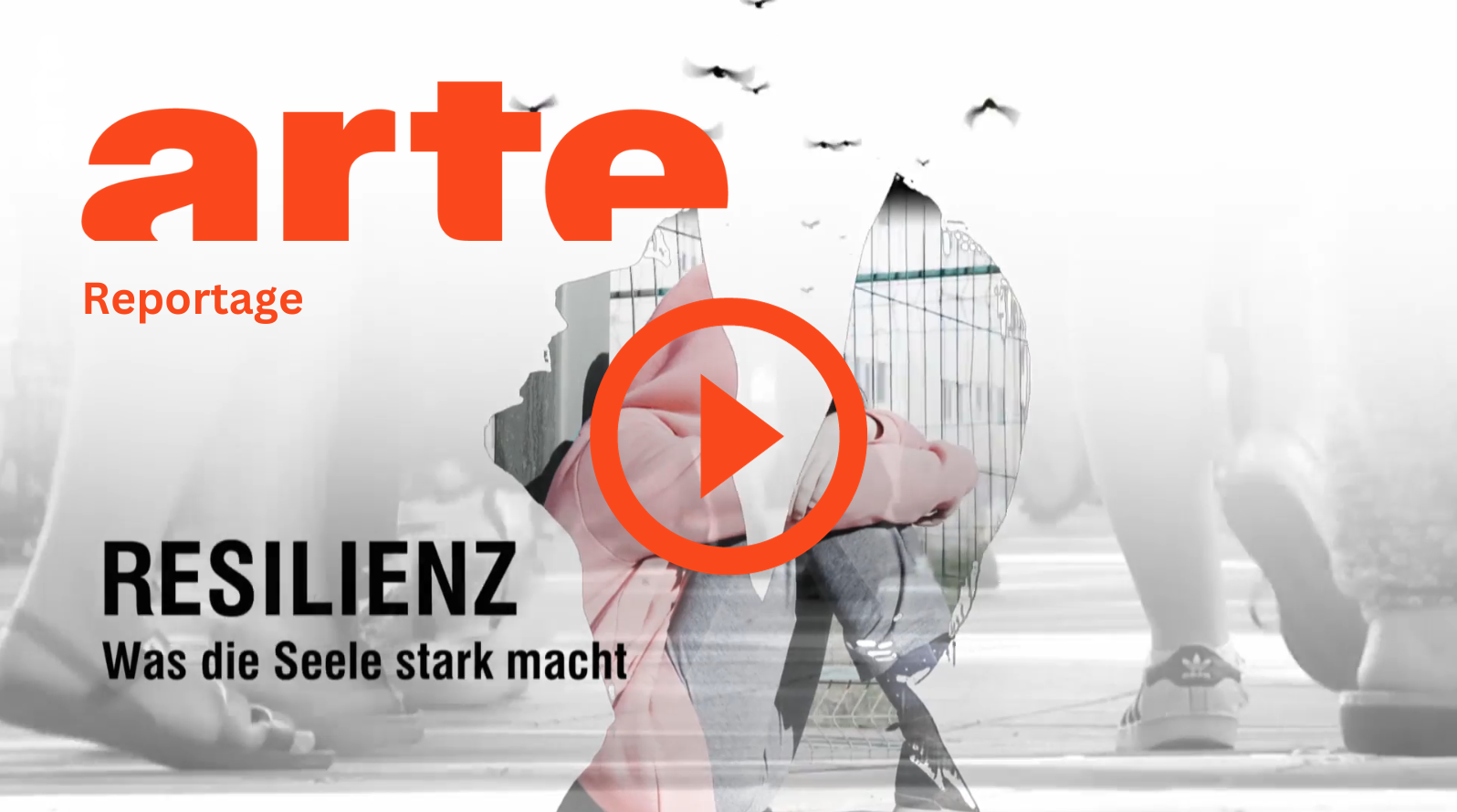
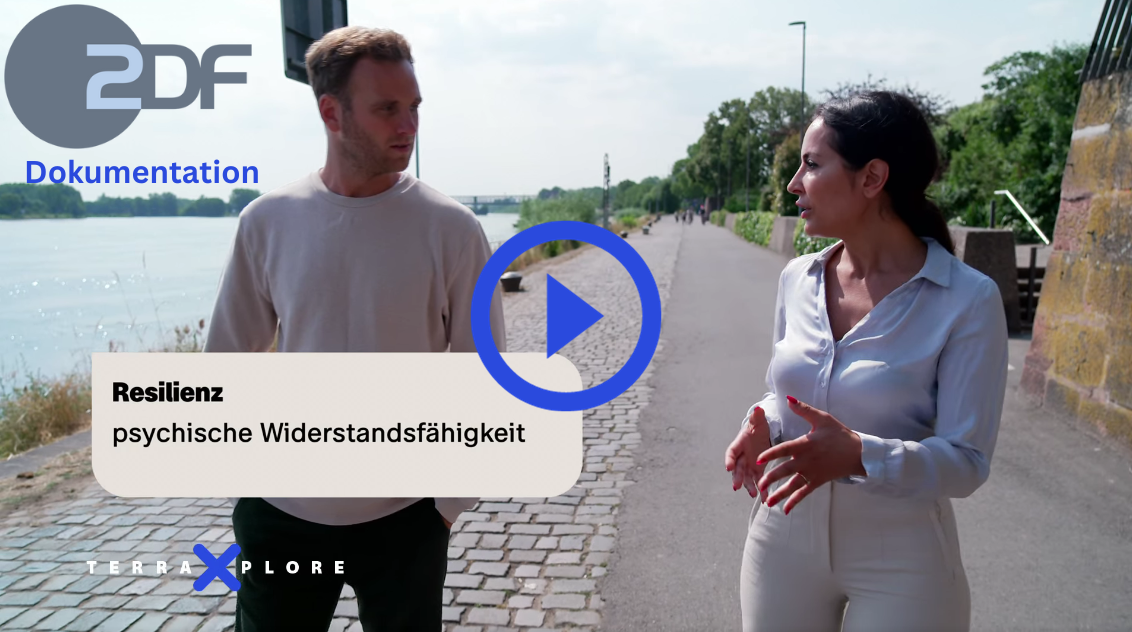

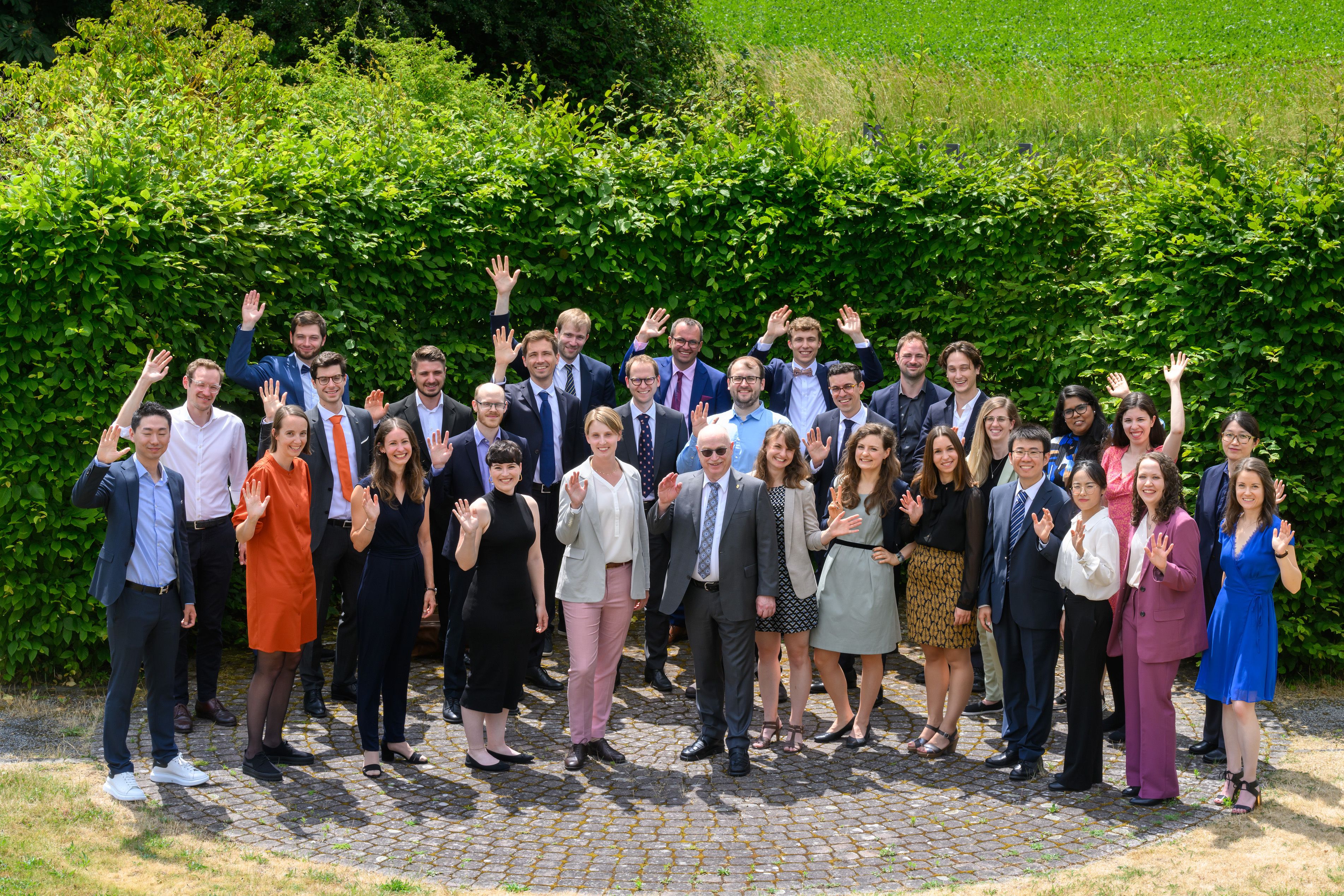

.jpeg)
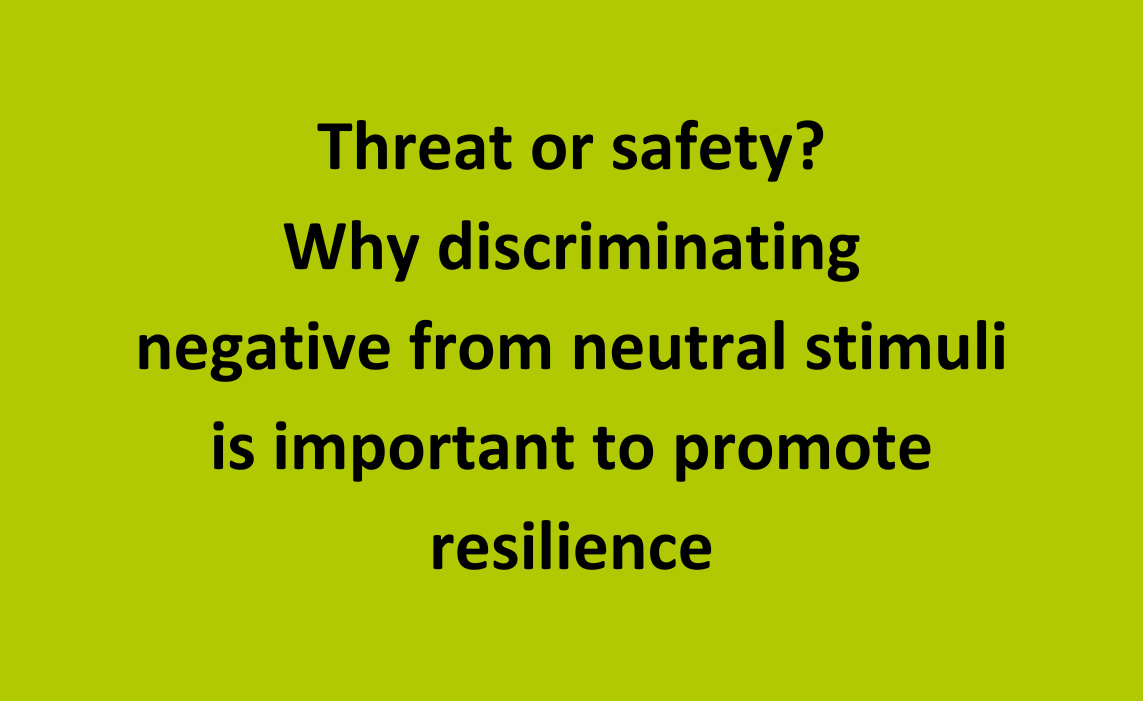

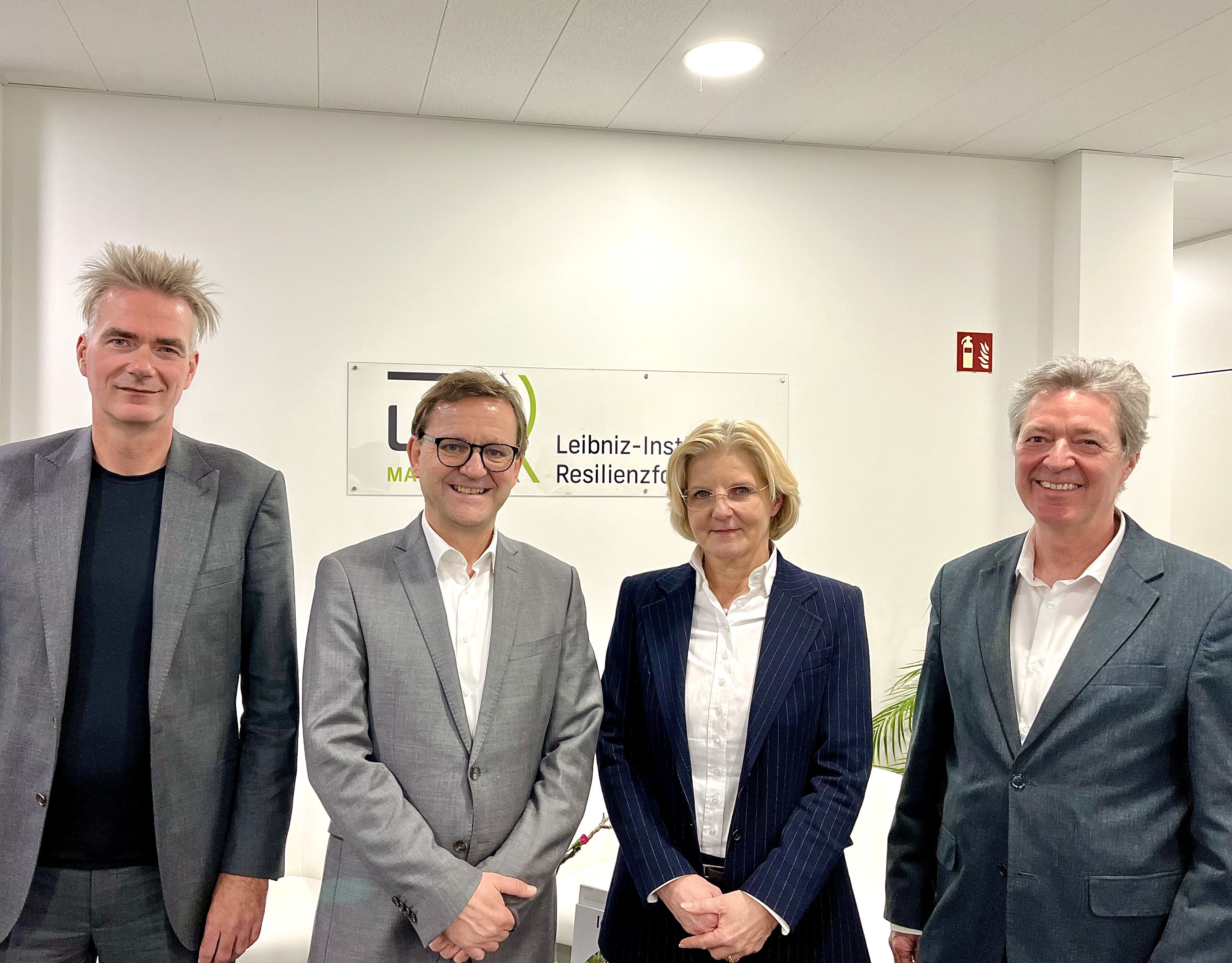
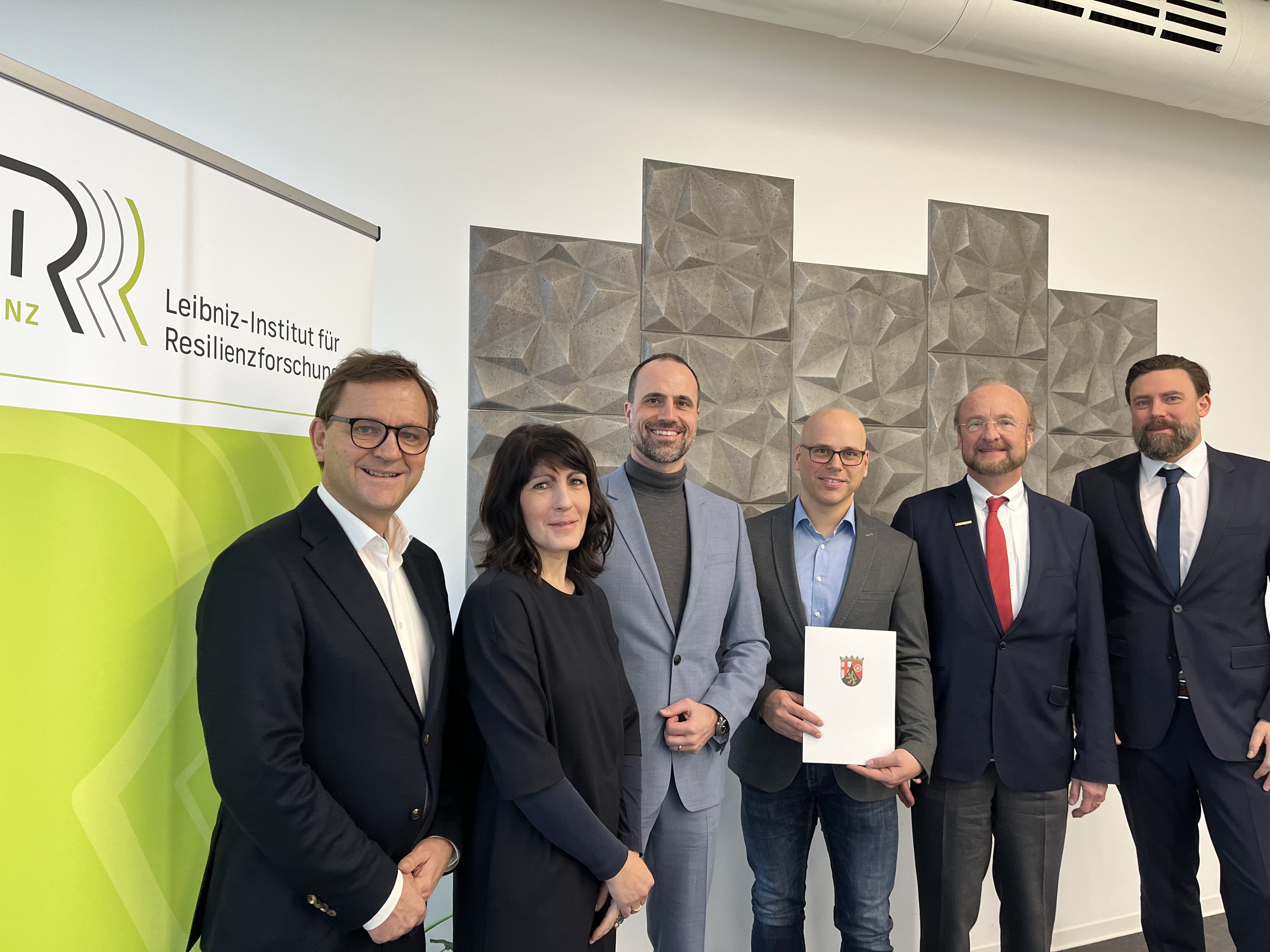
.png)
